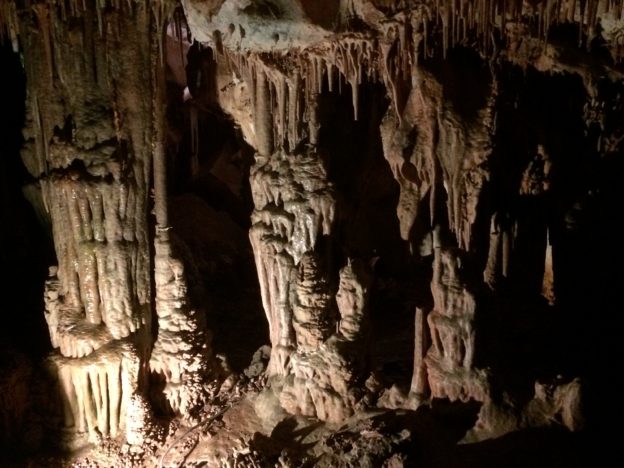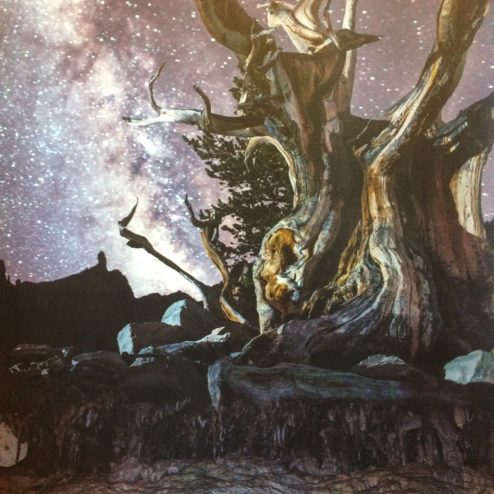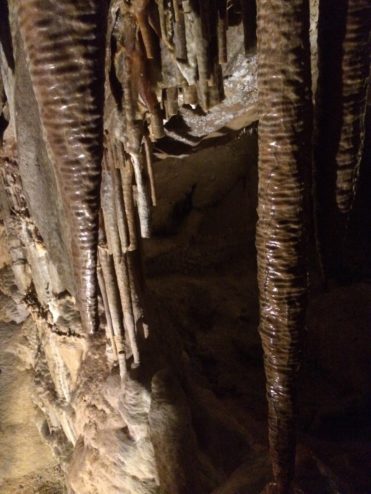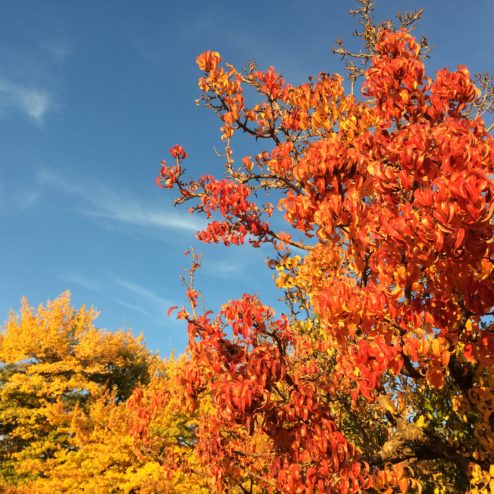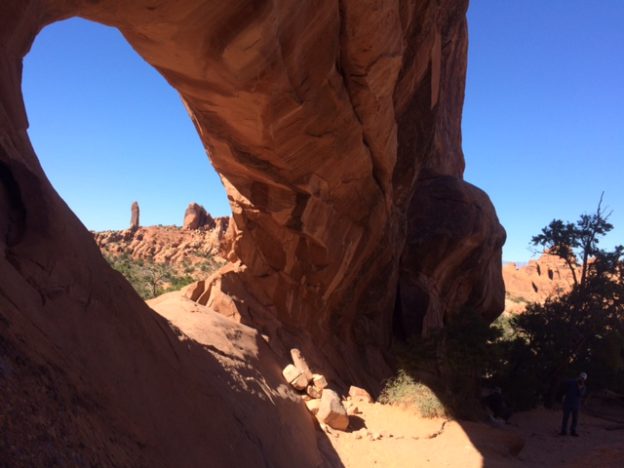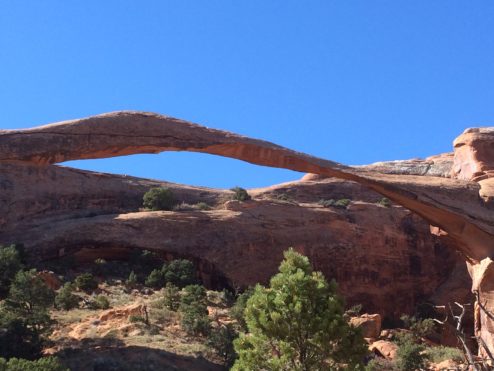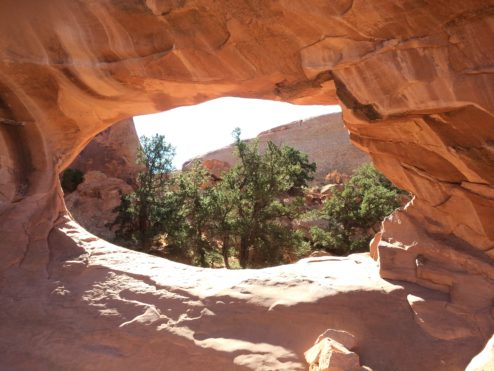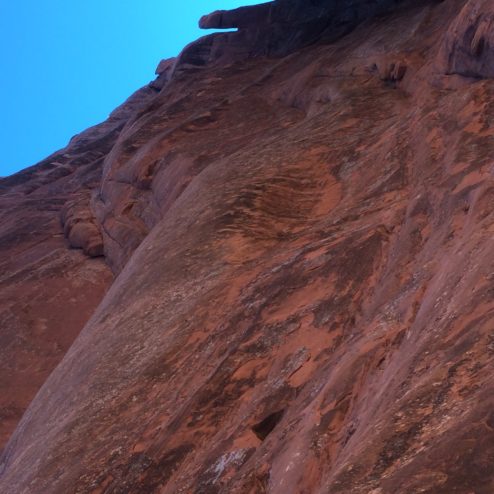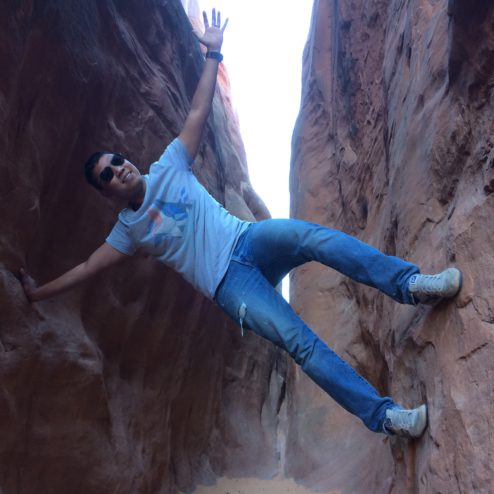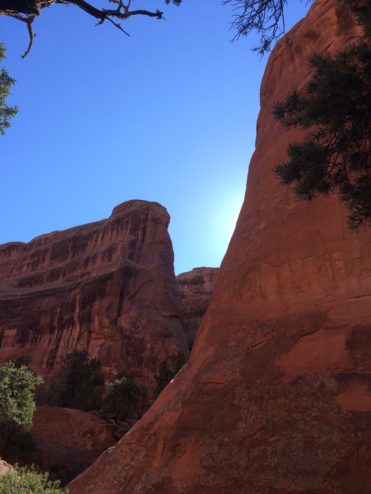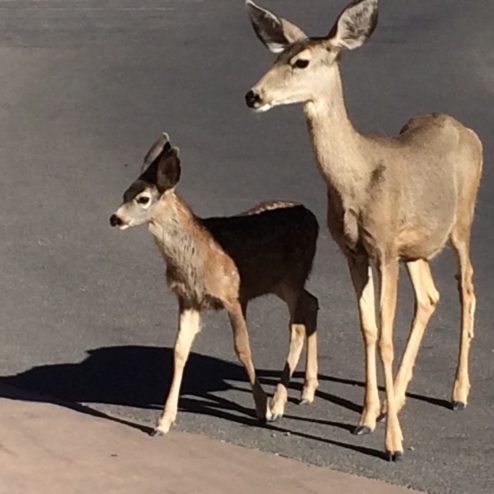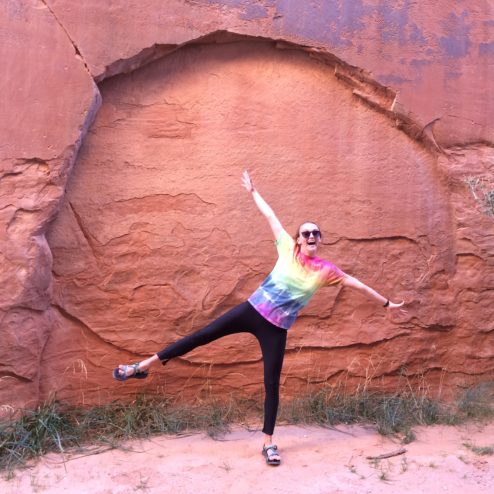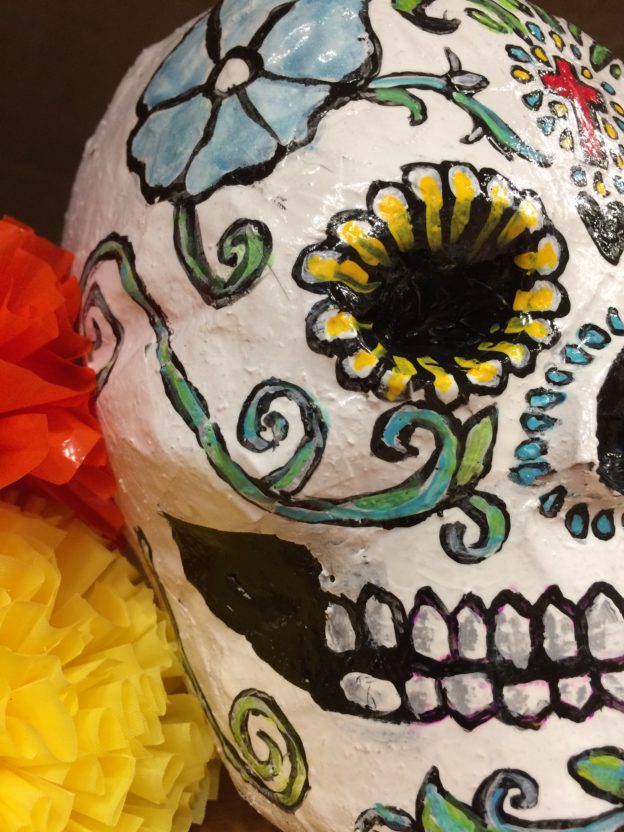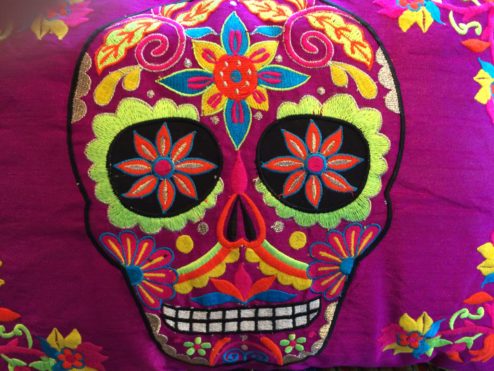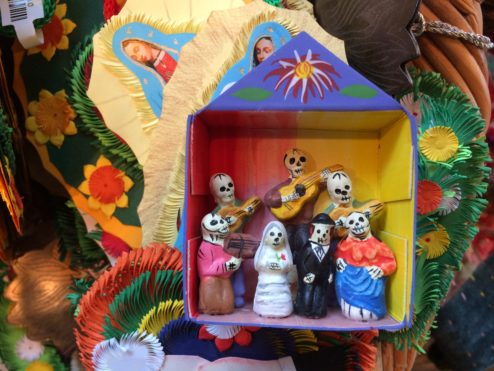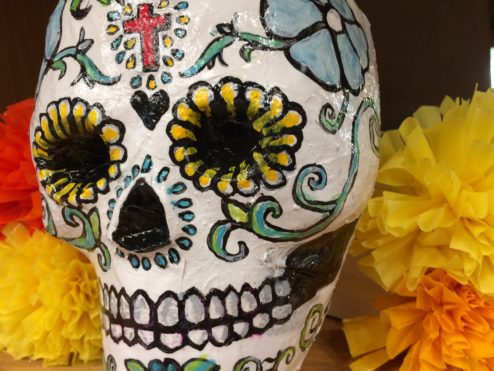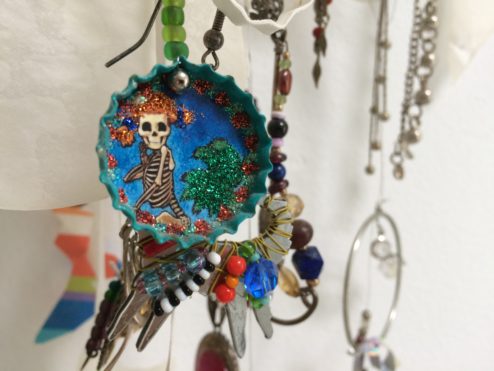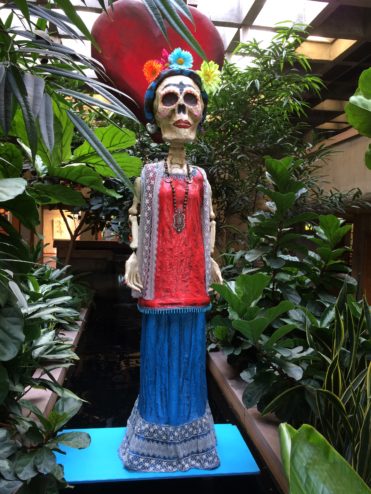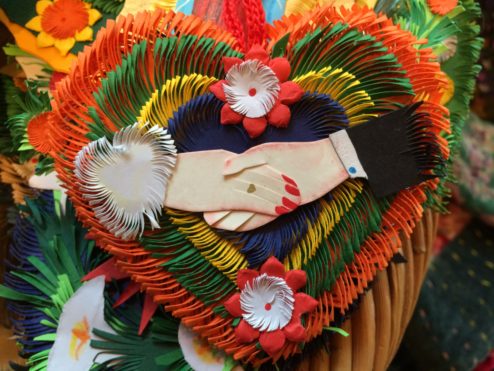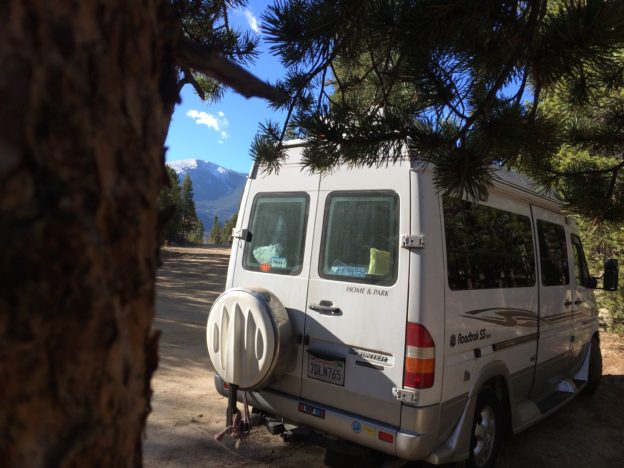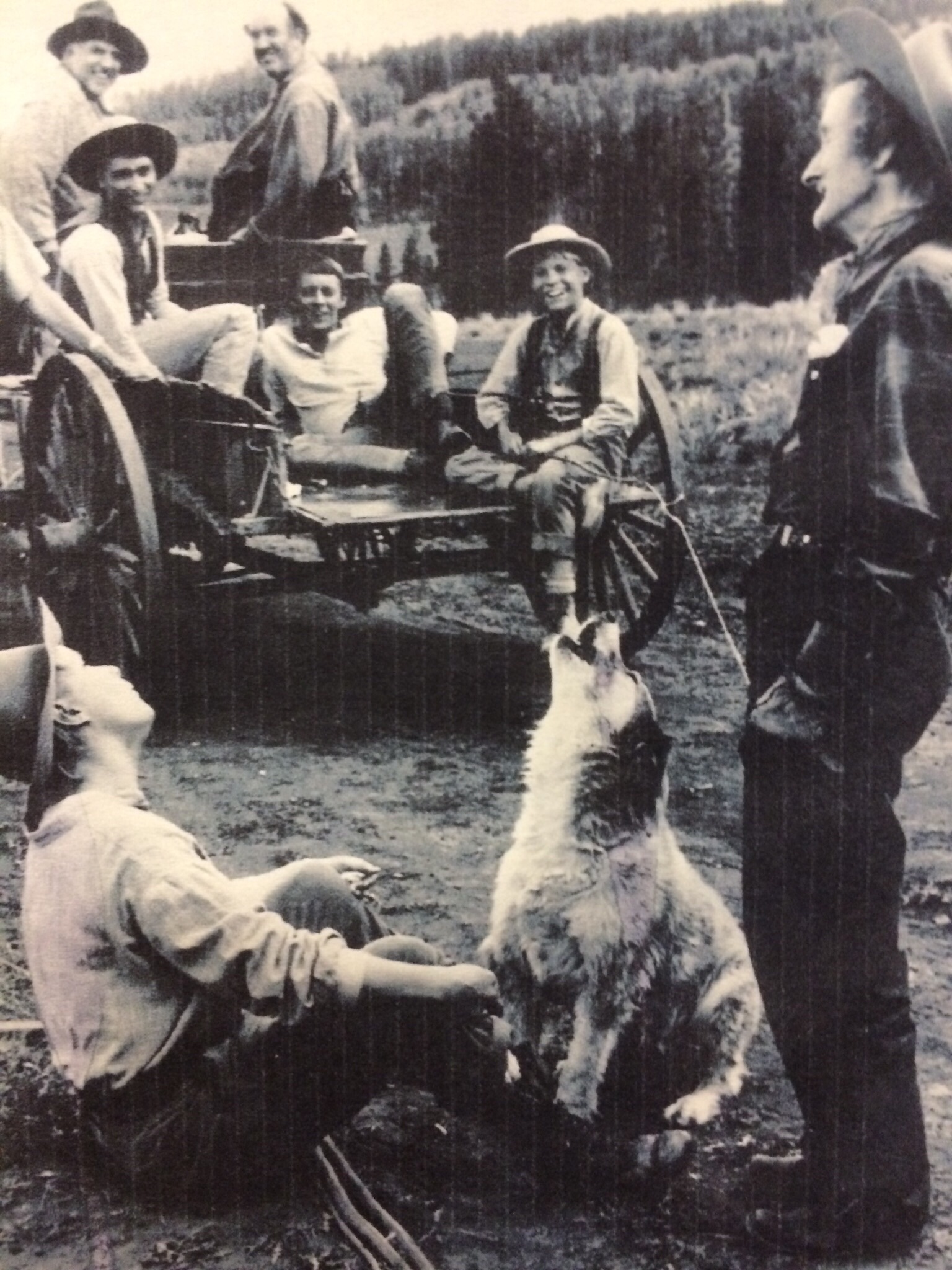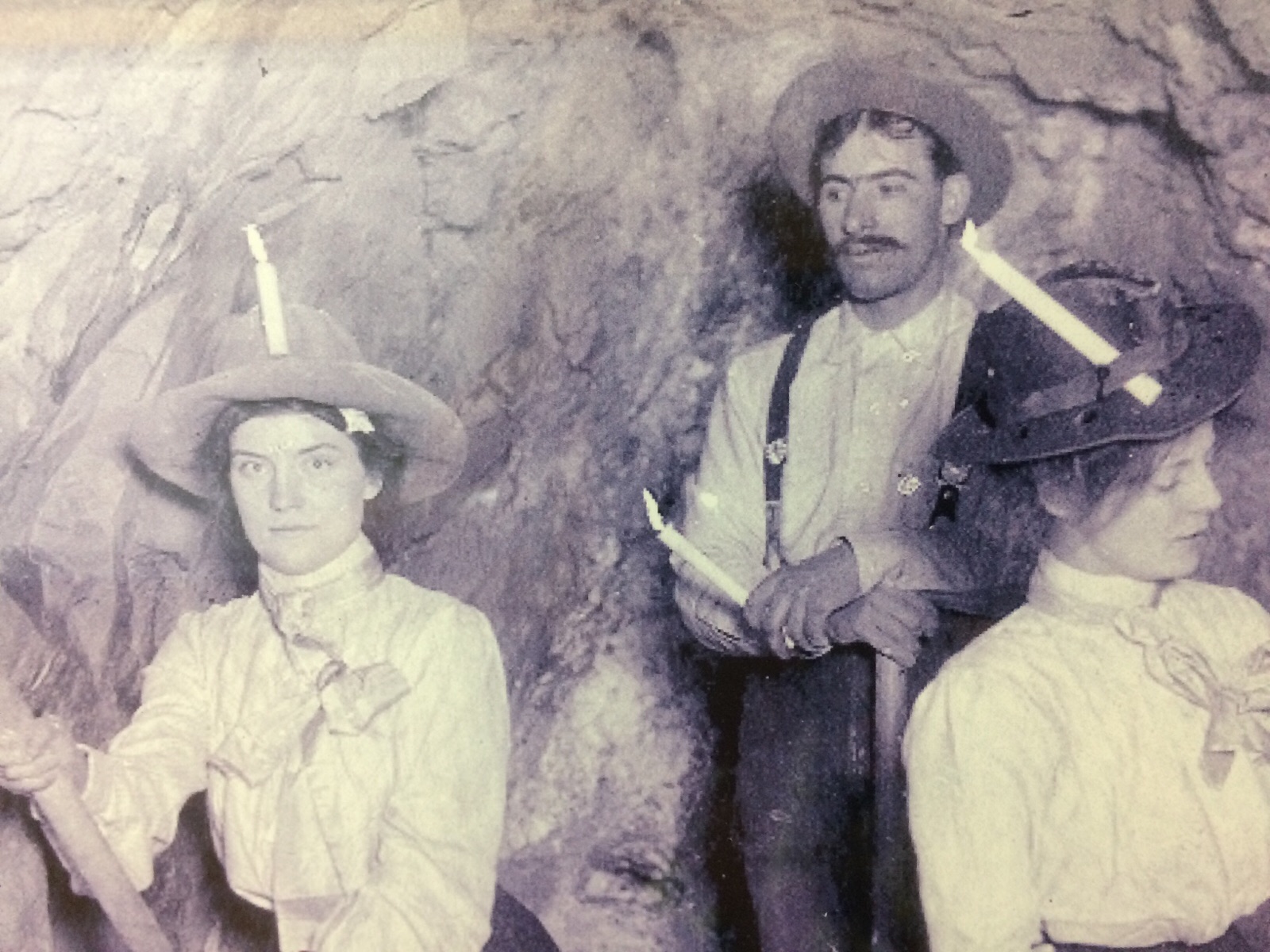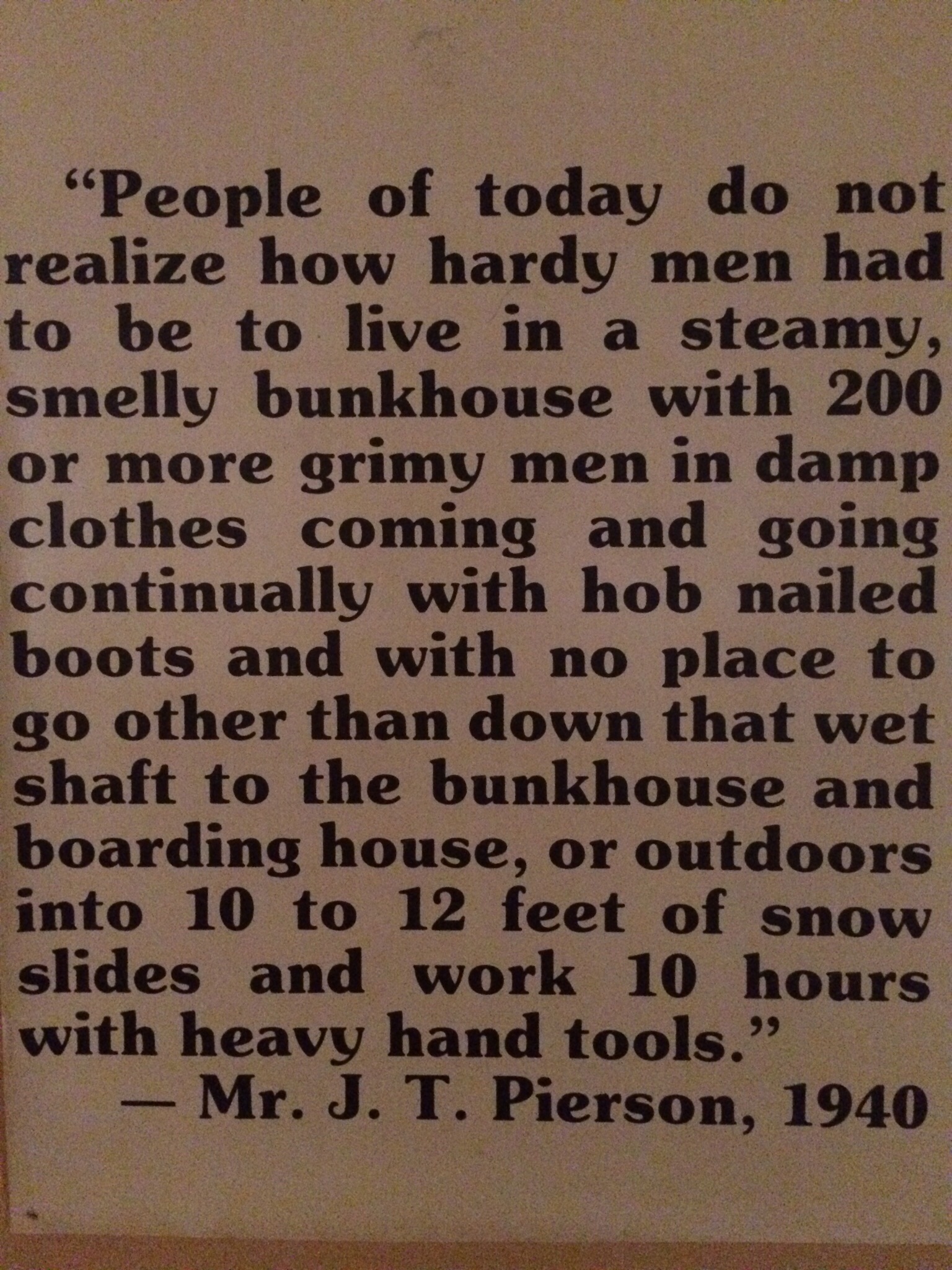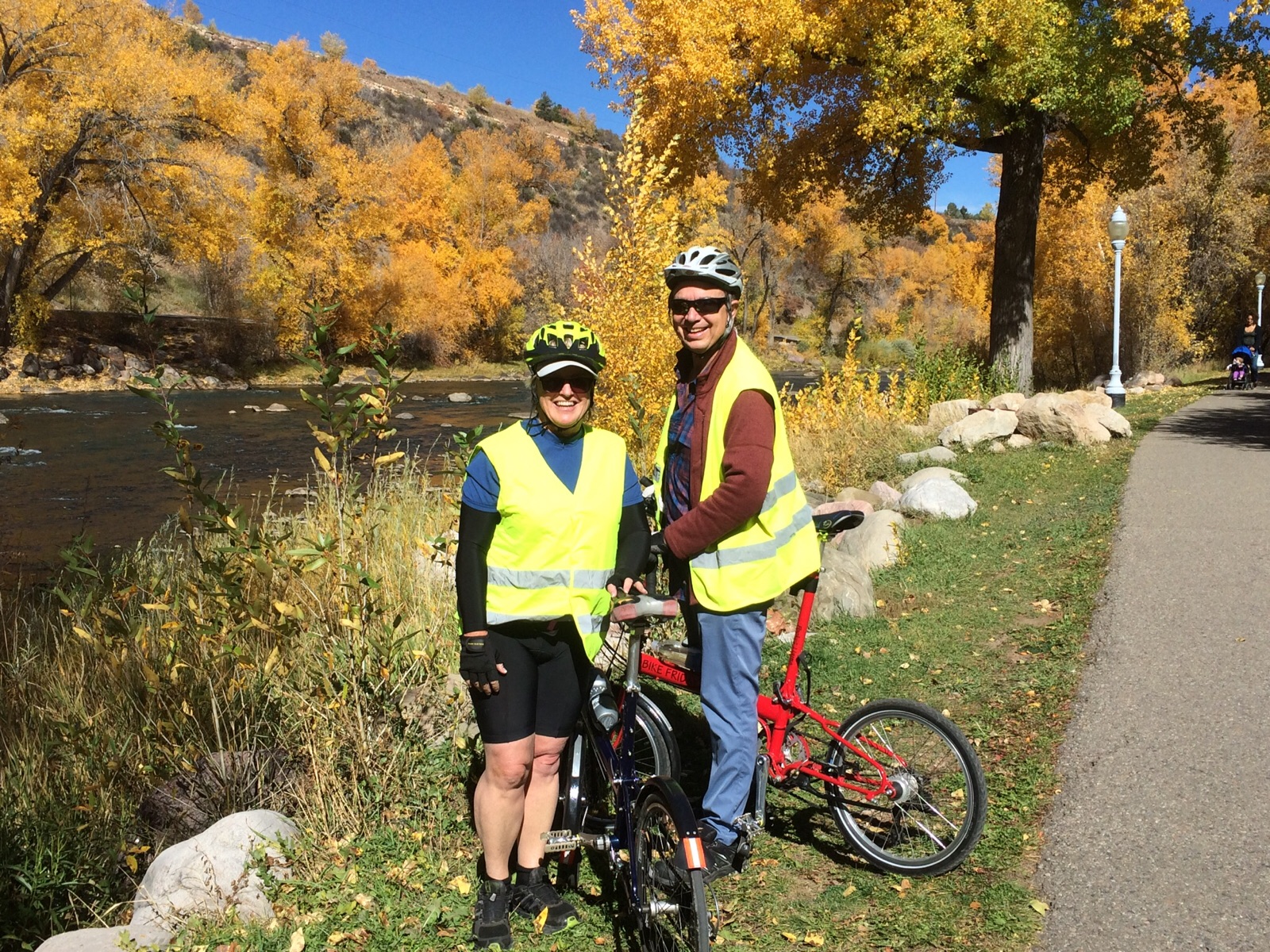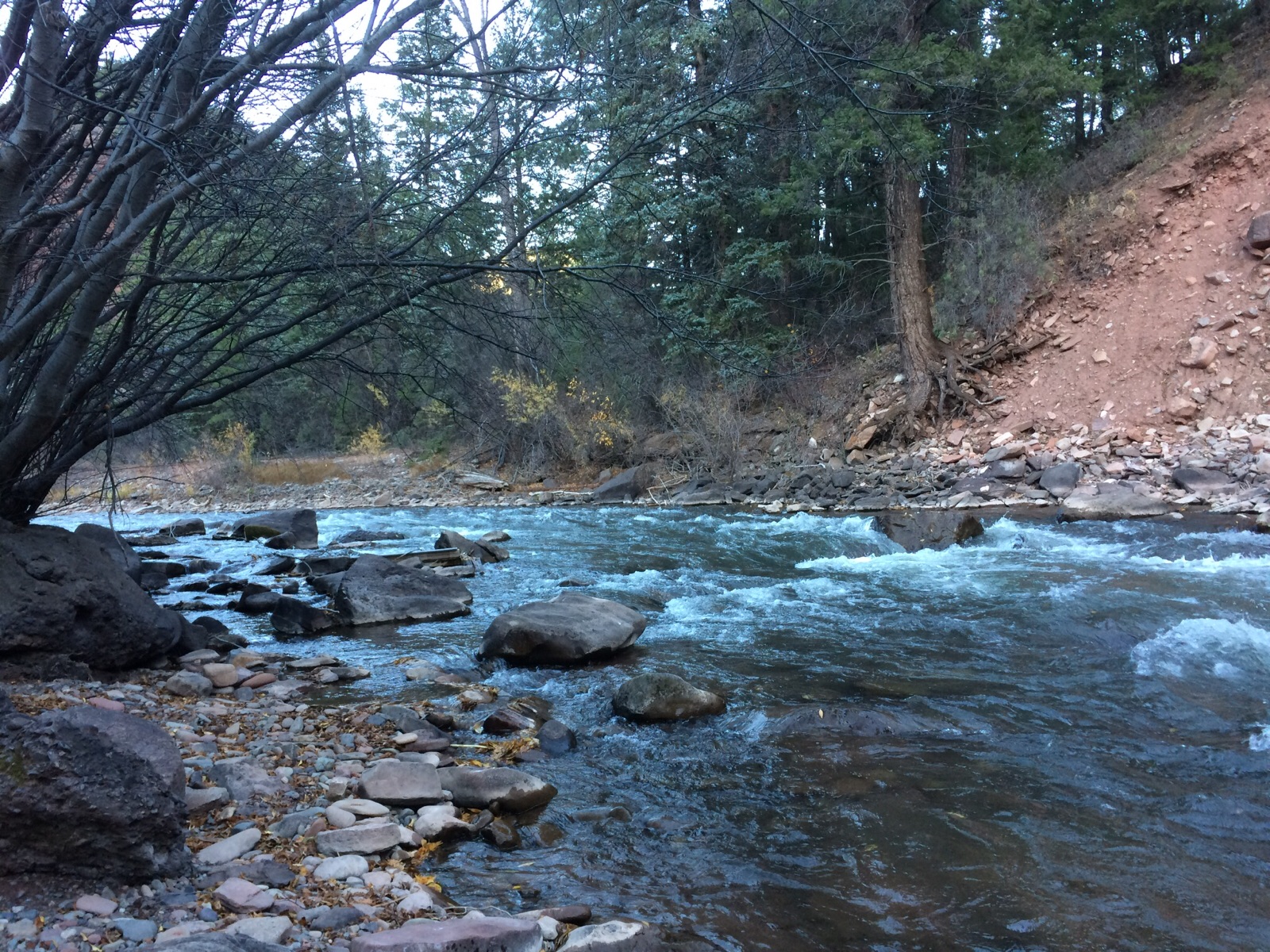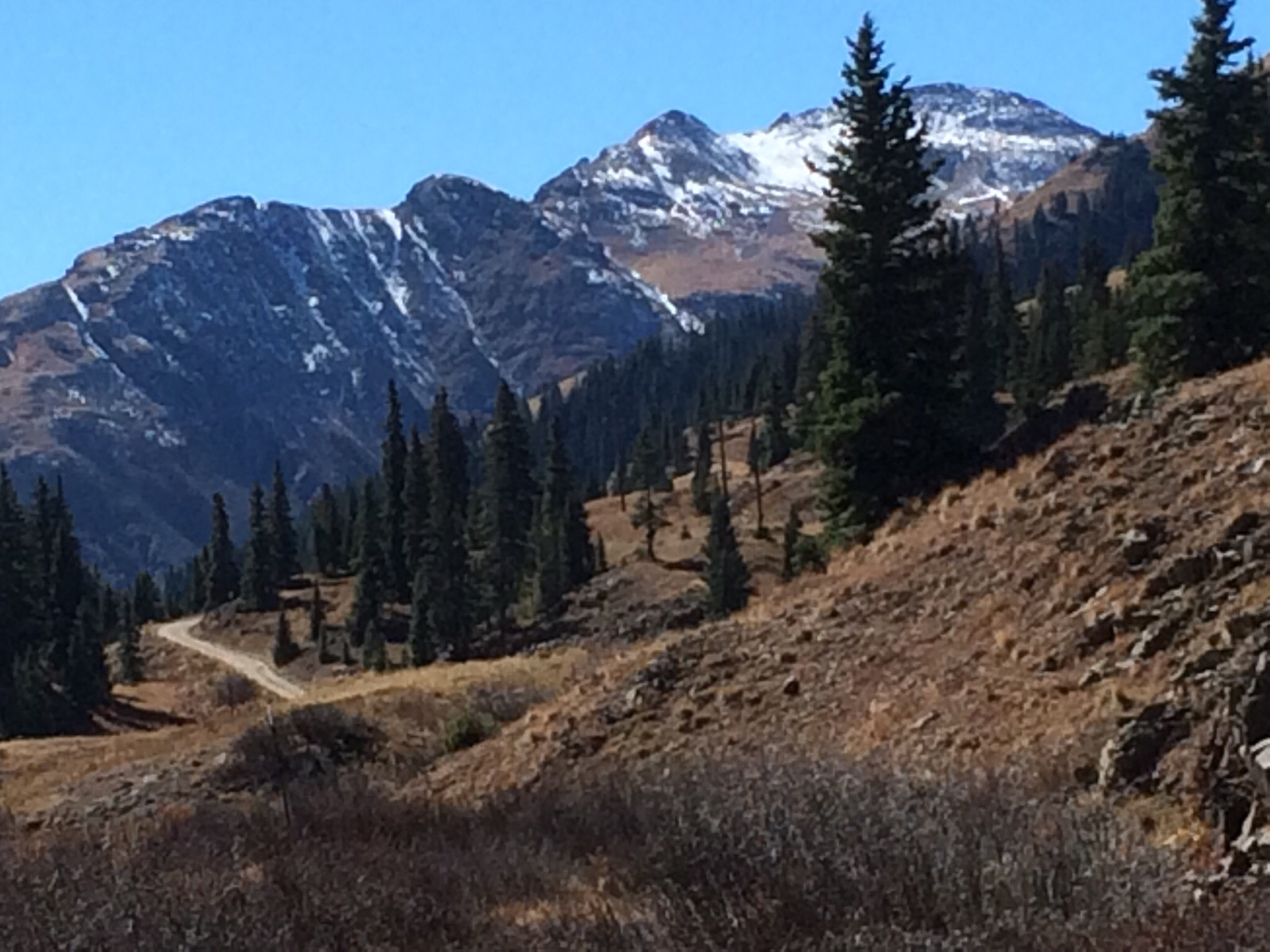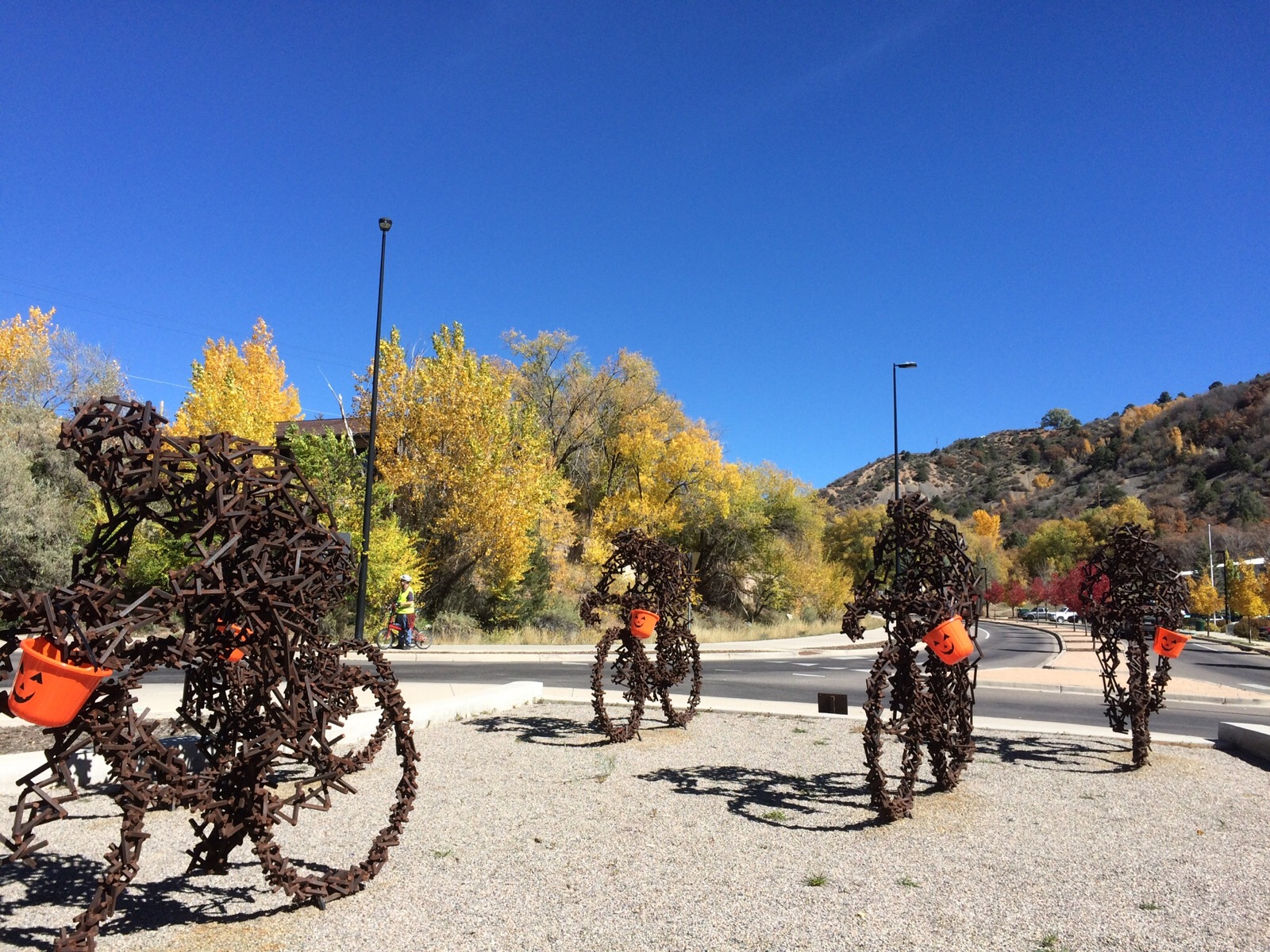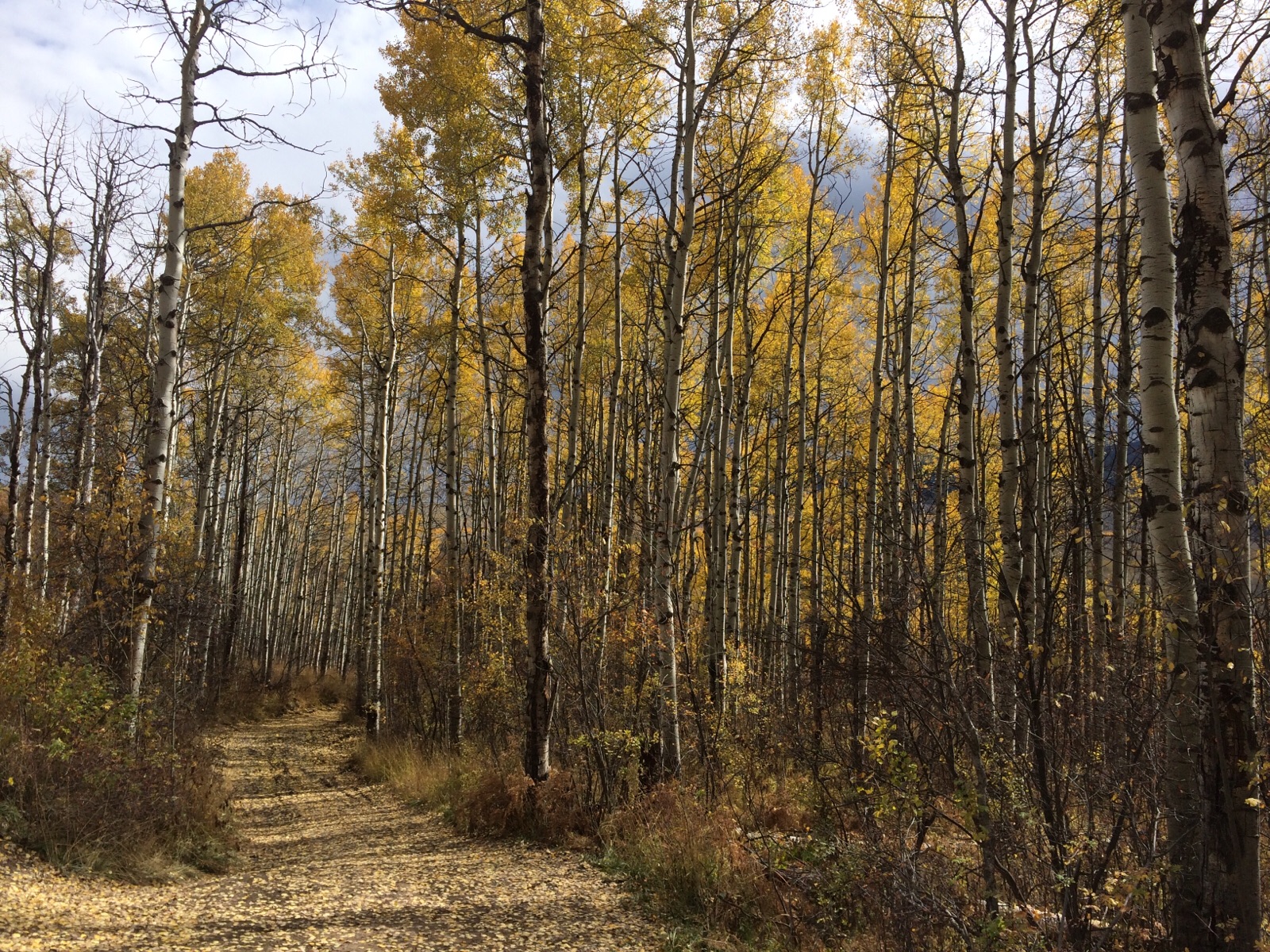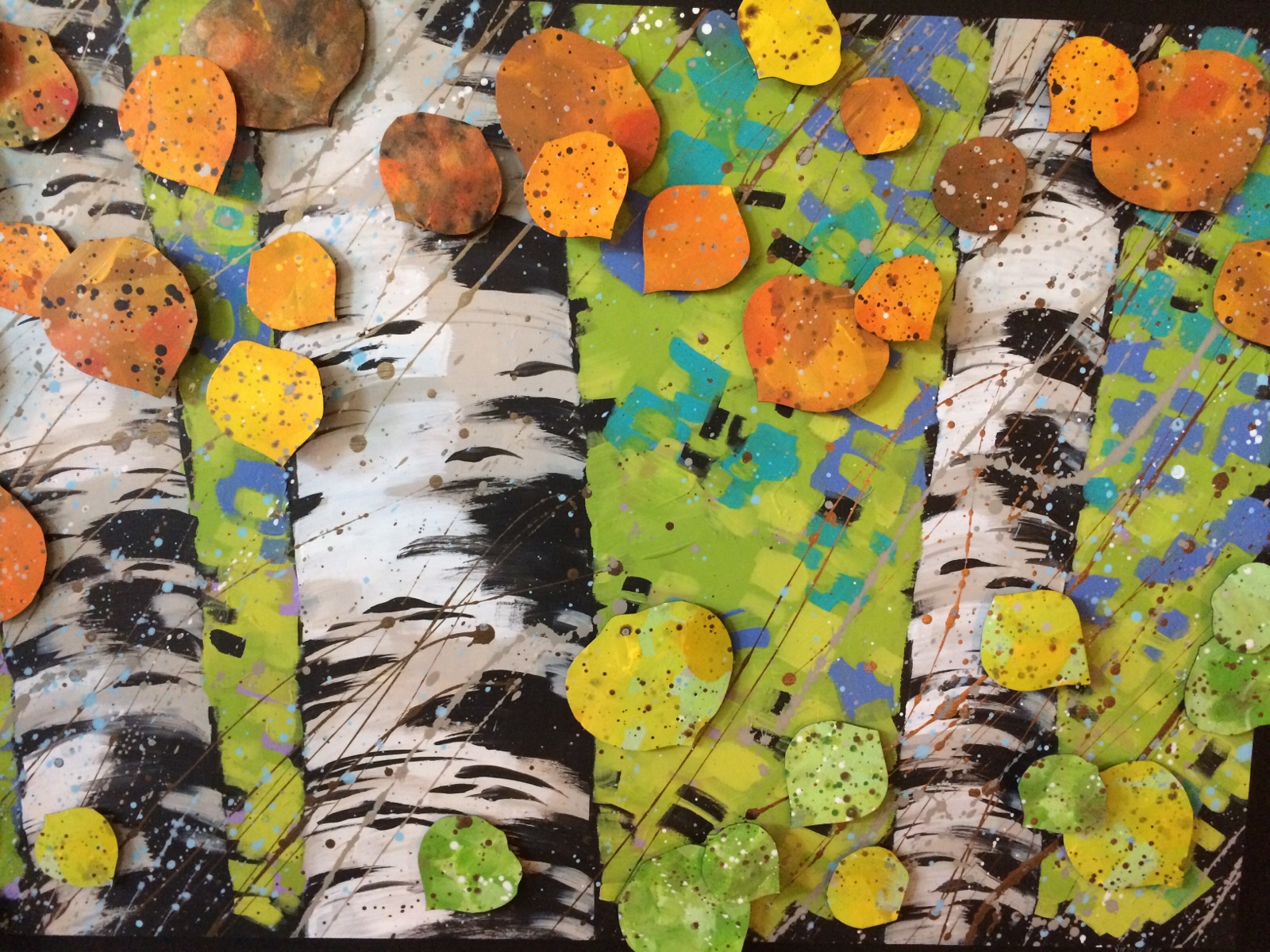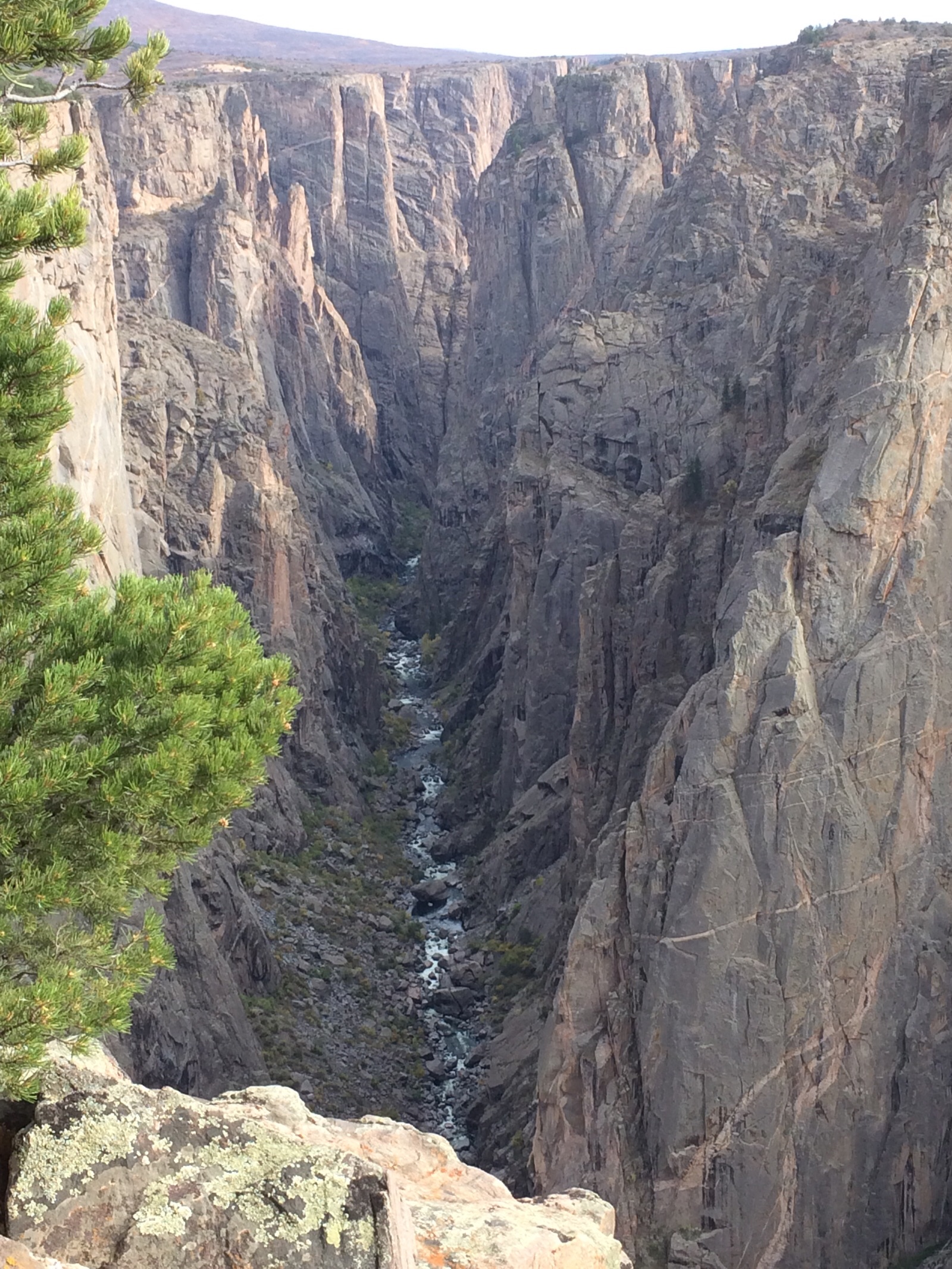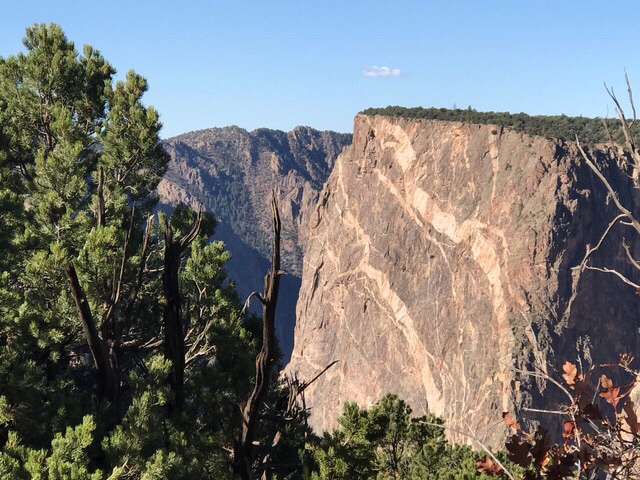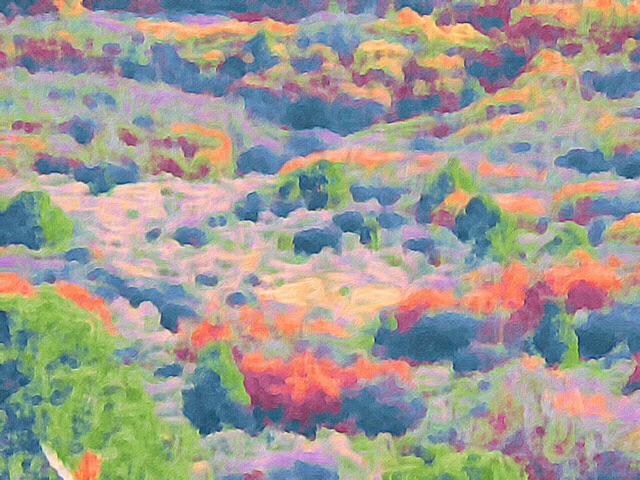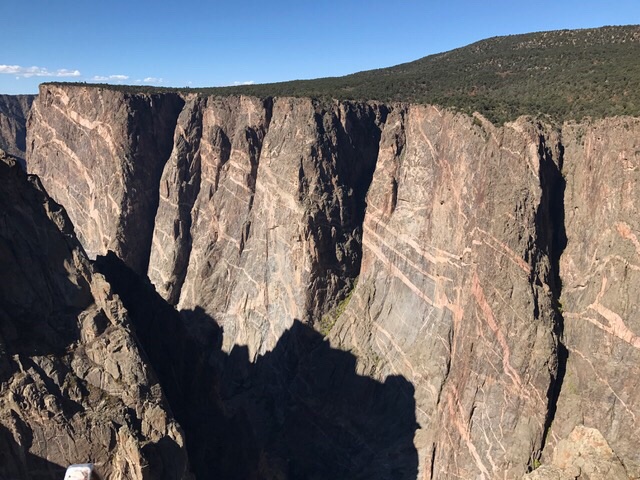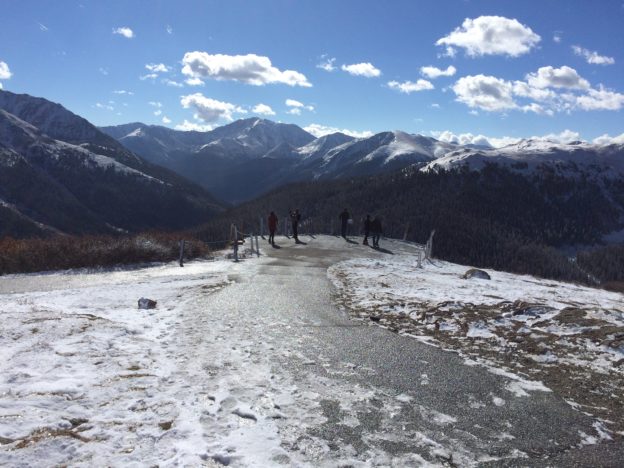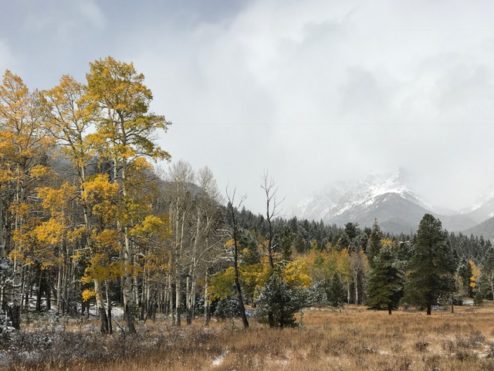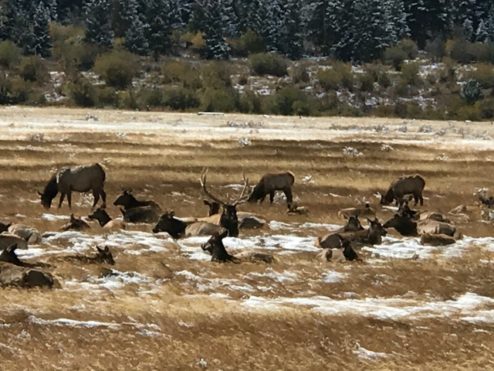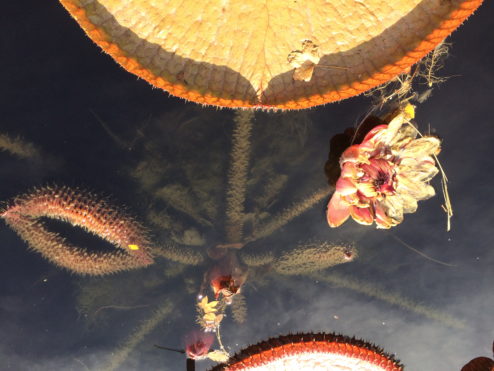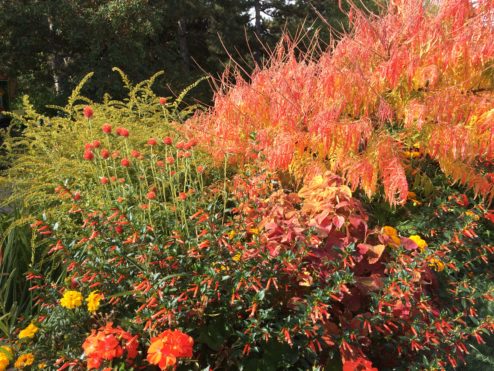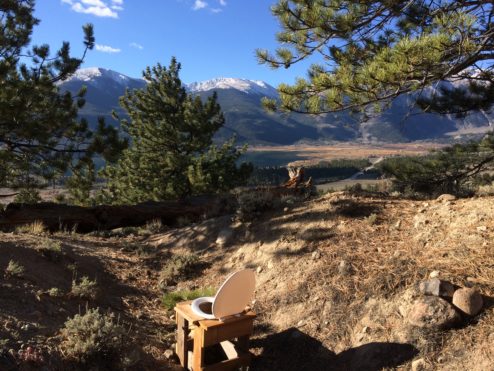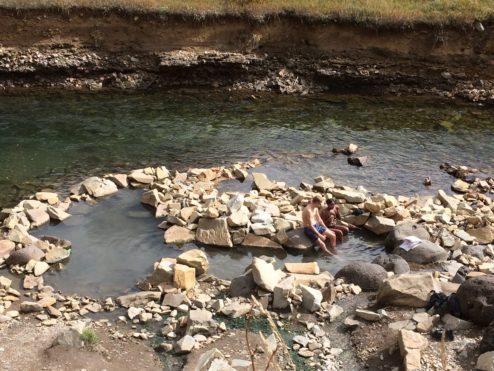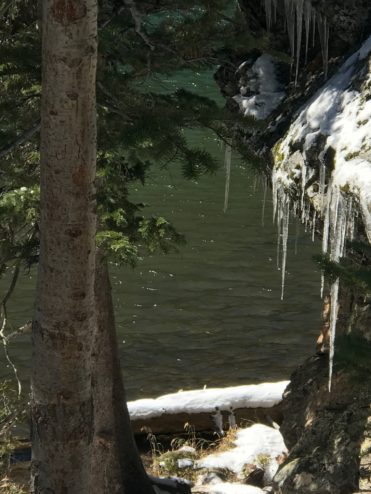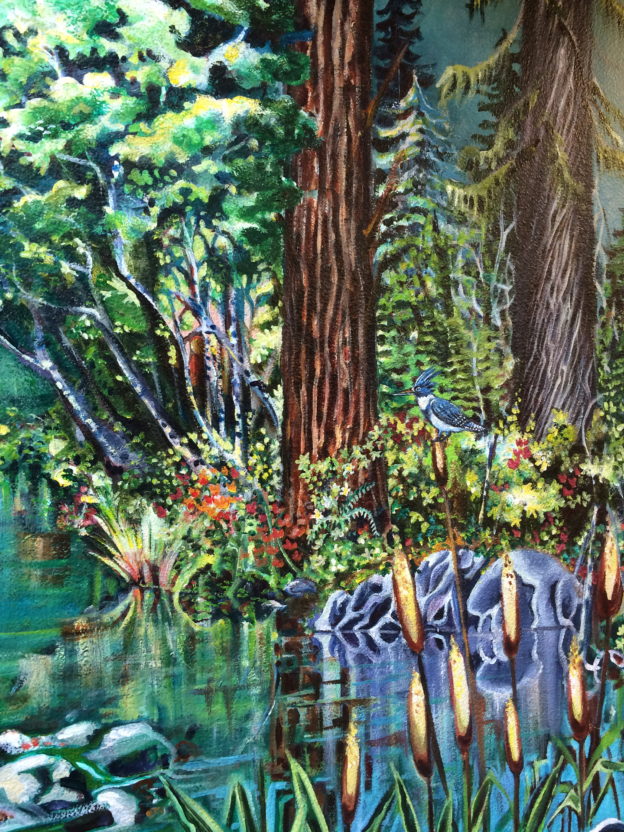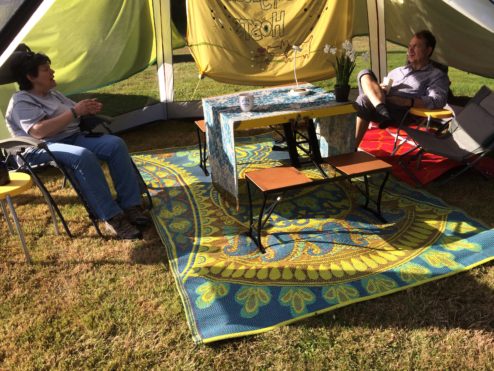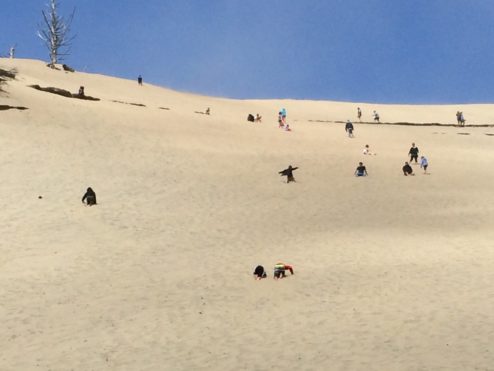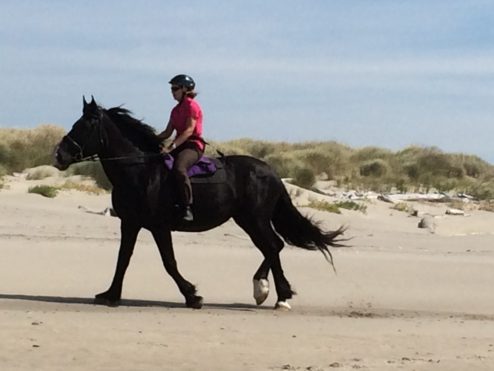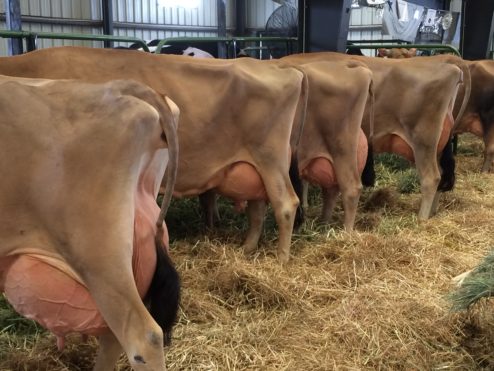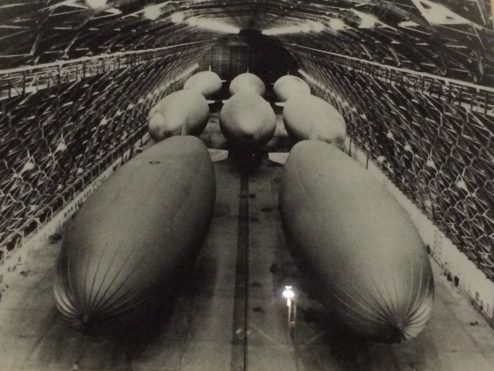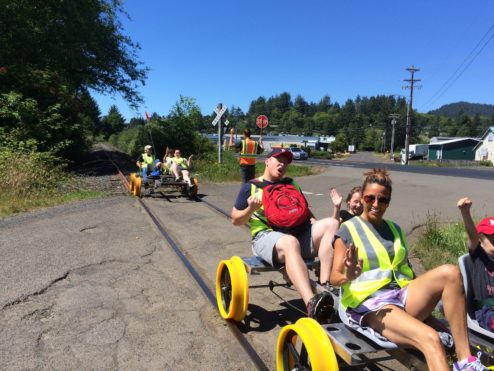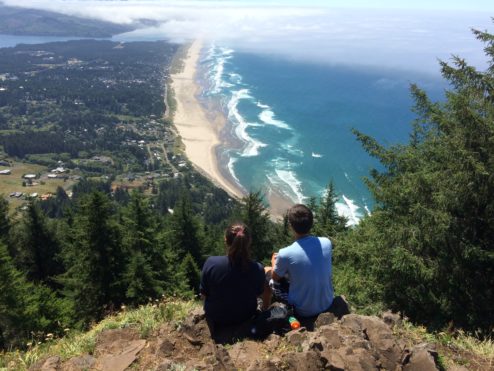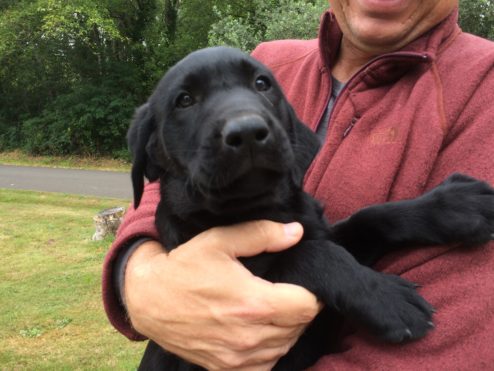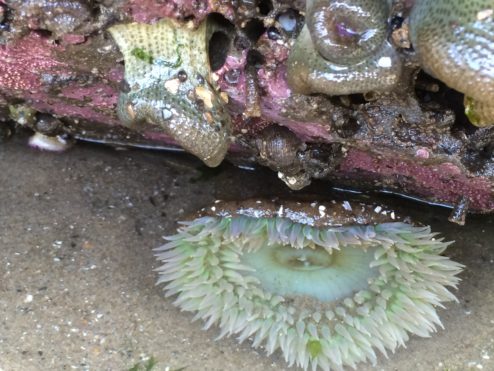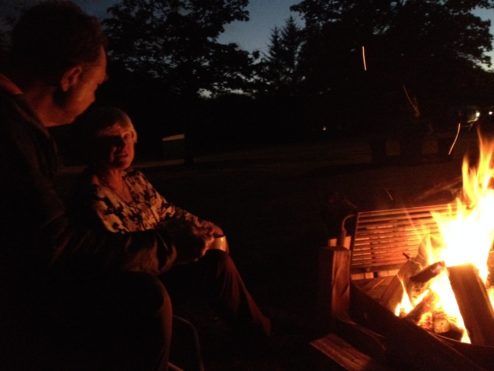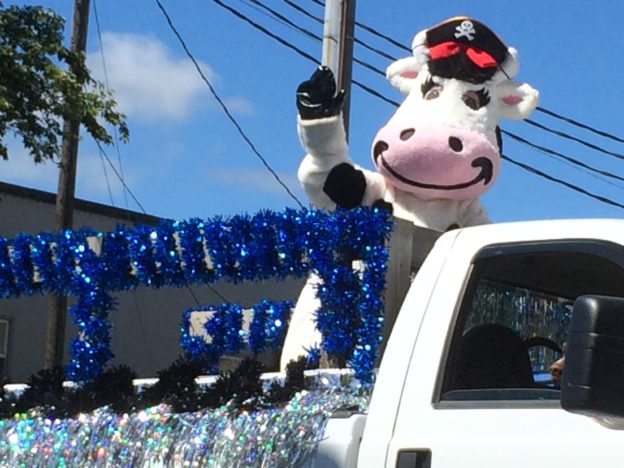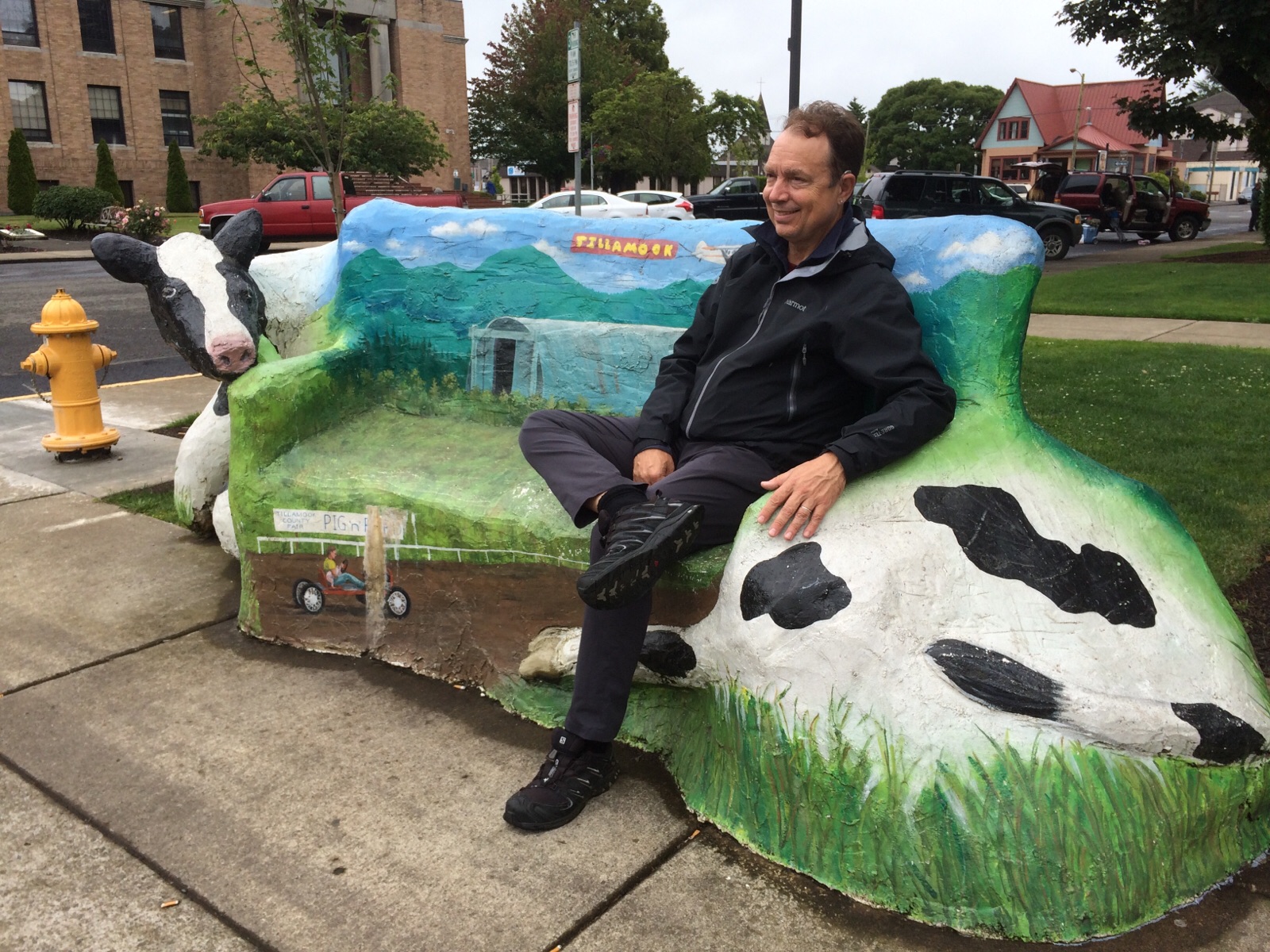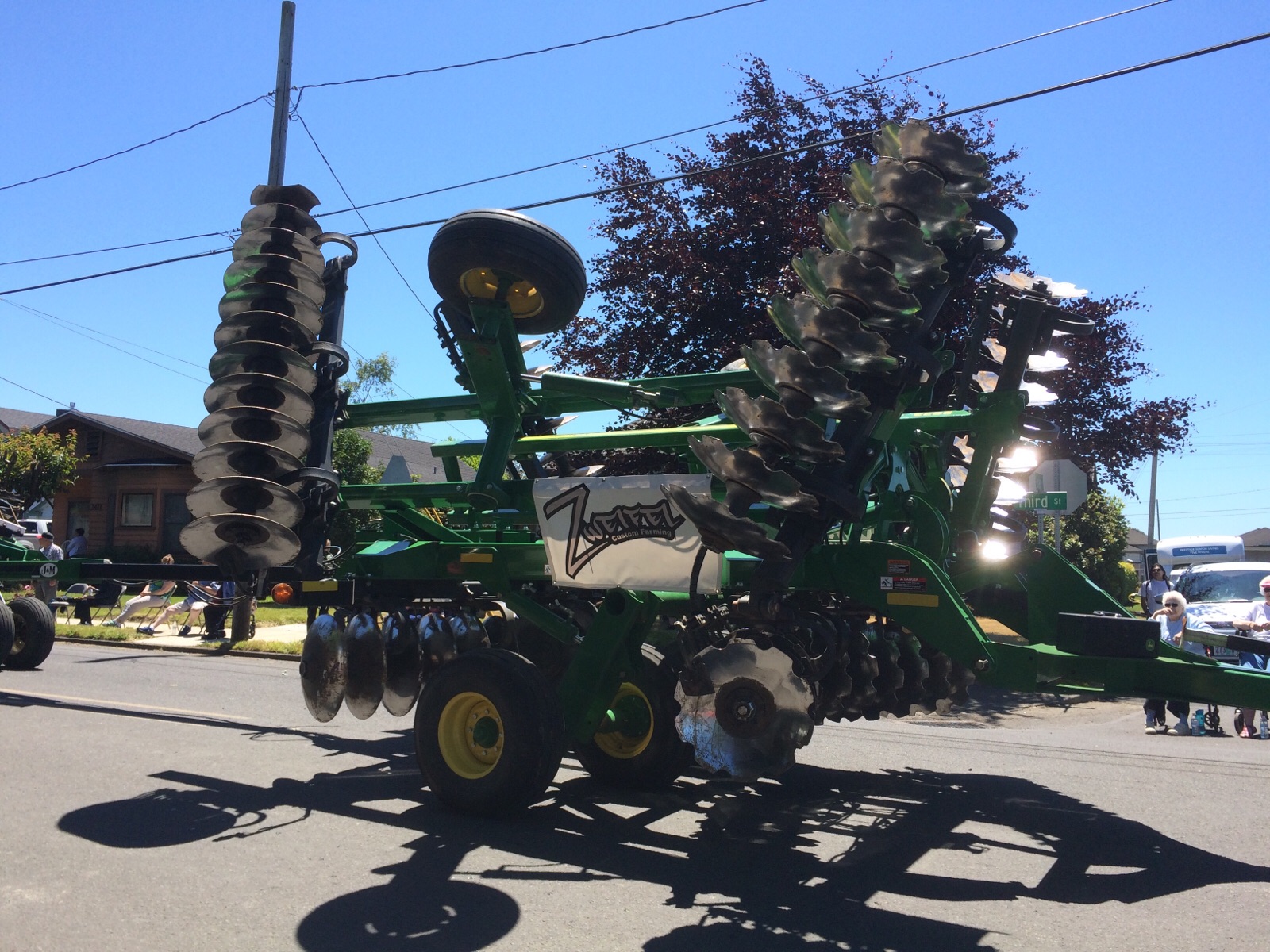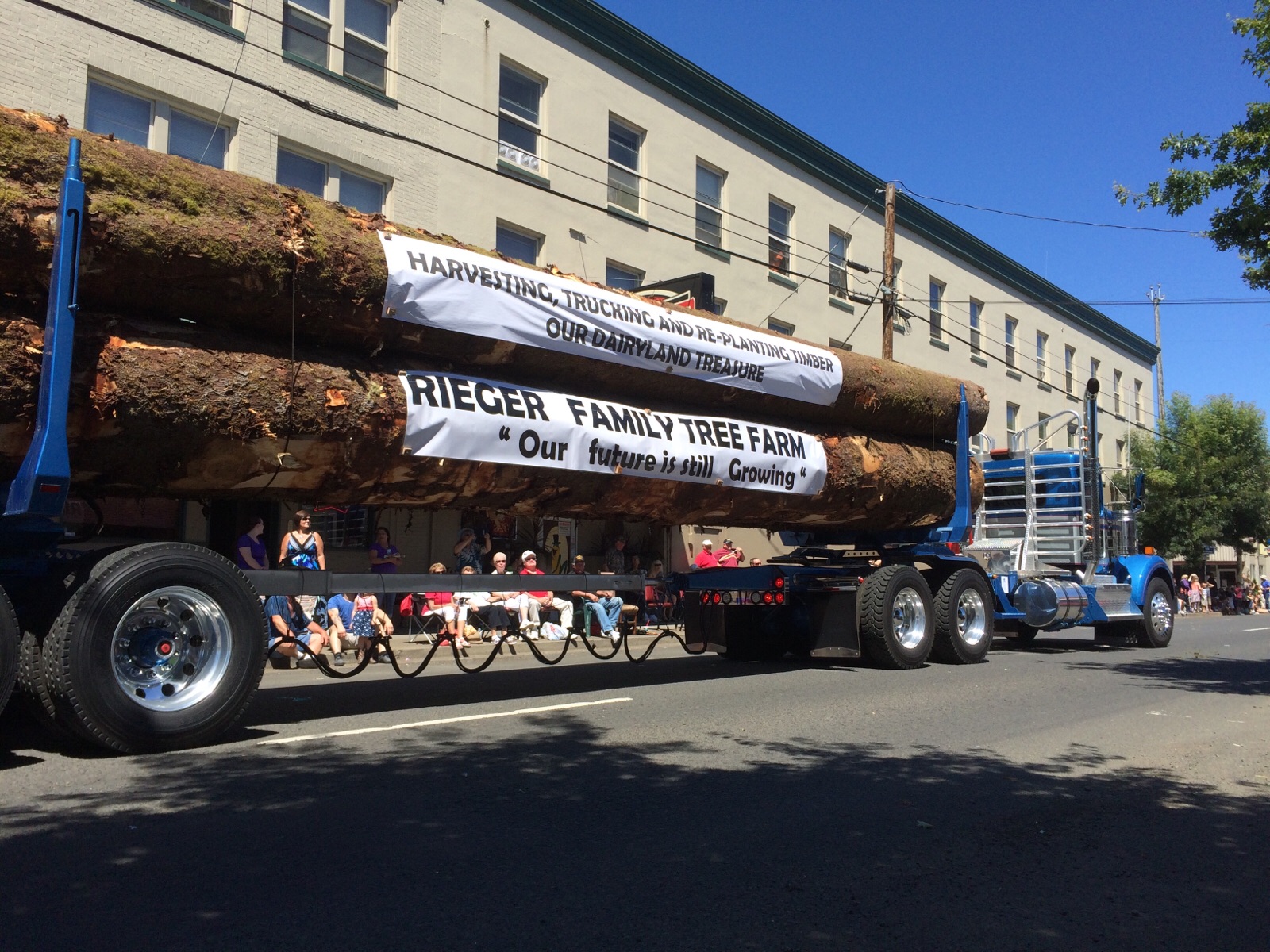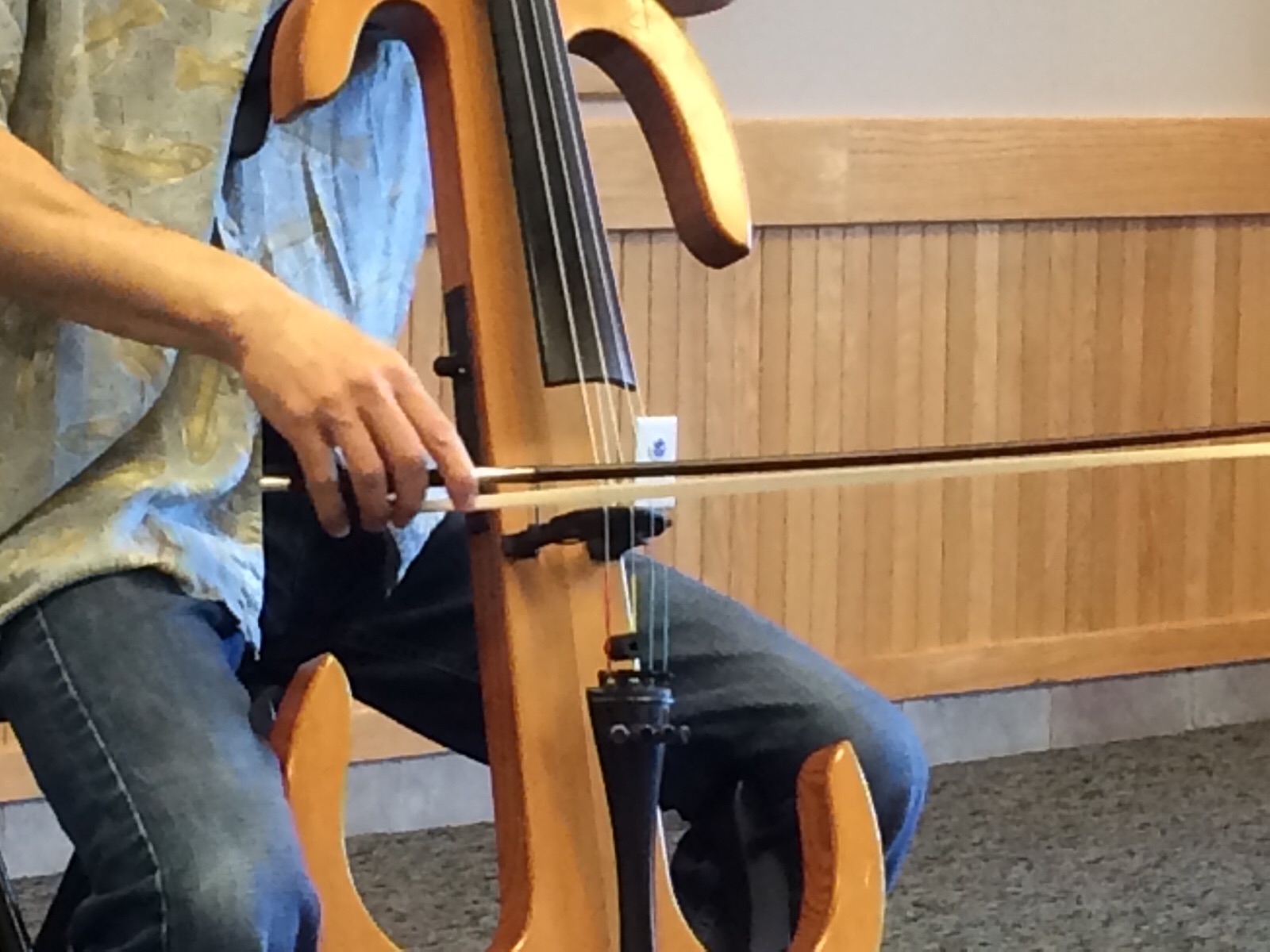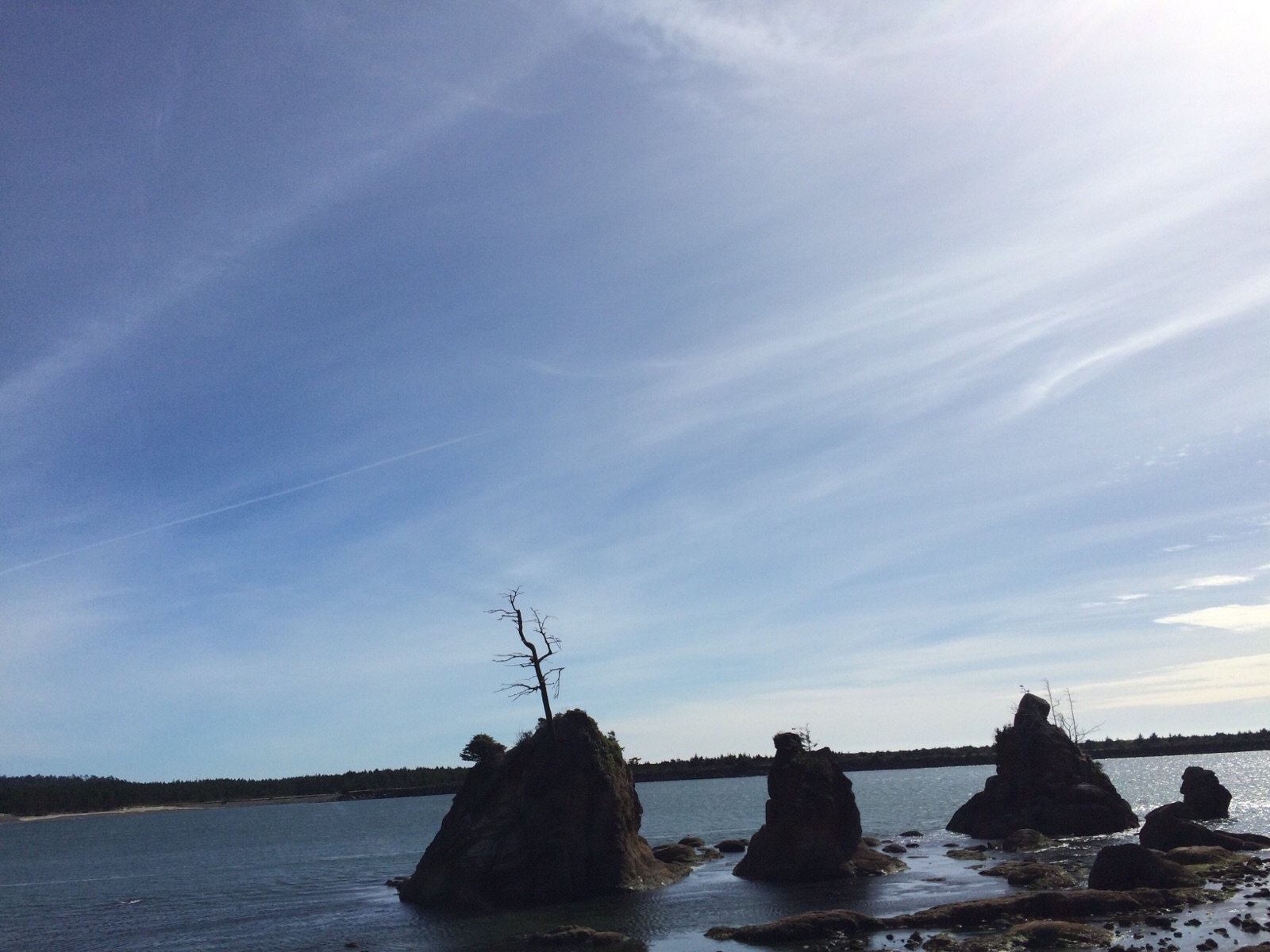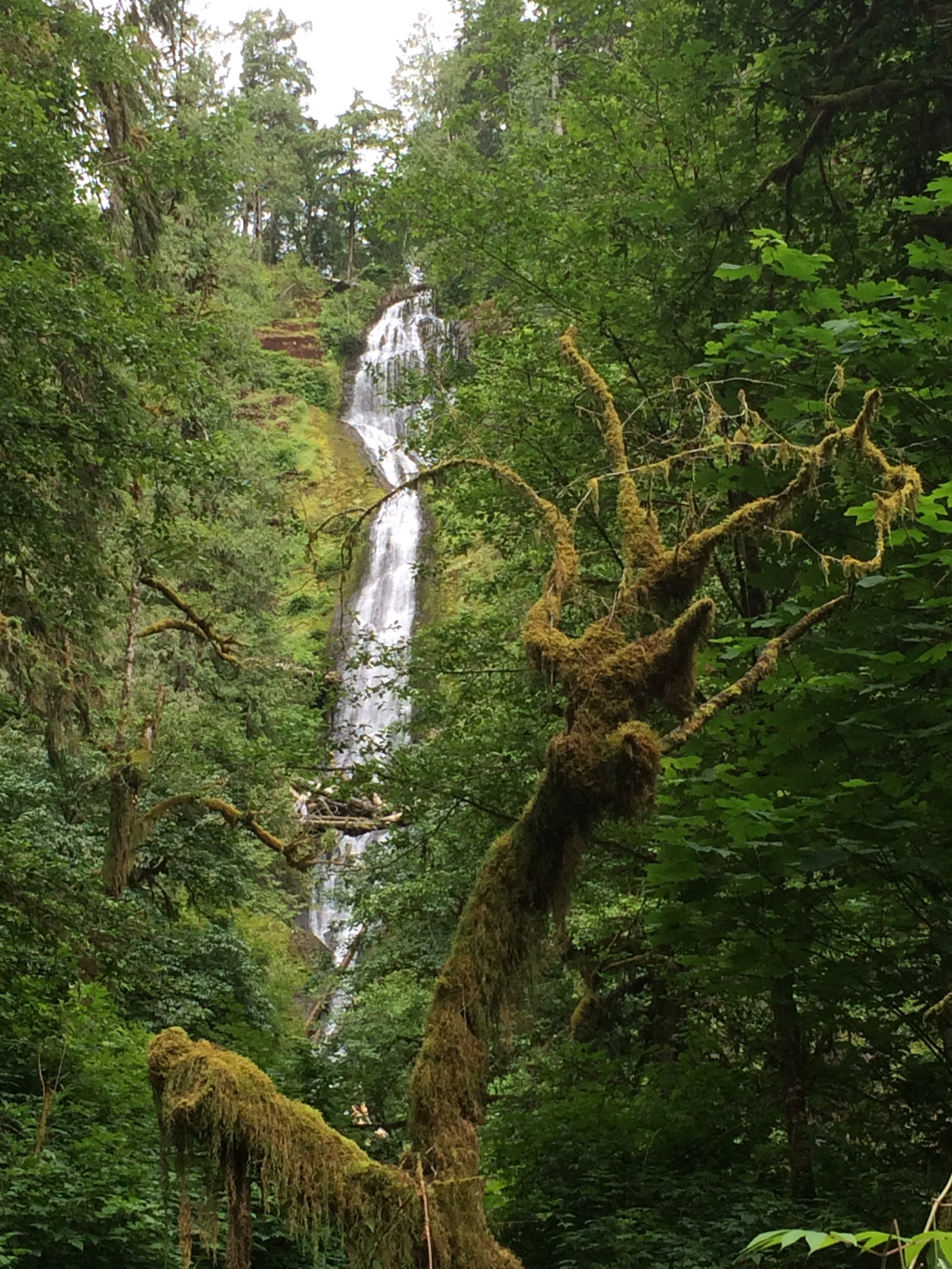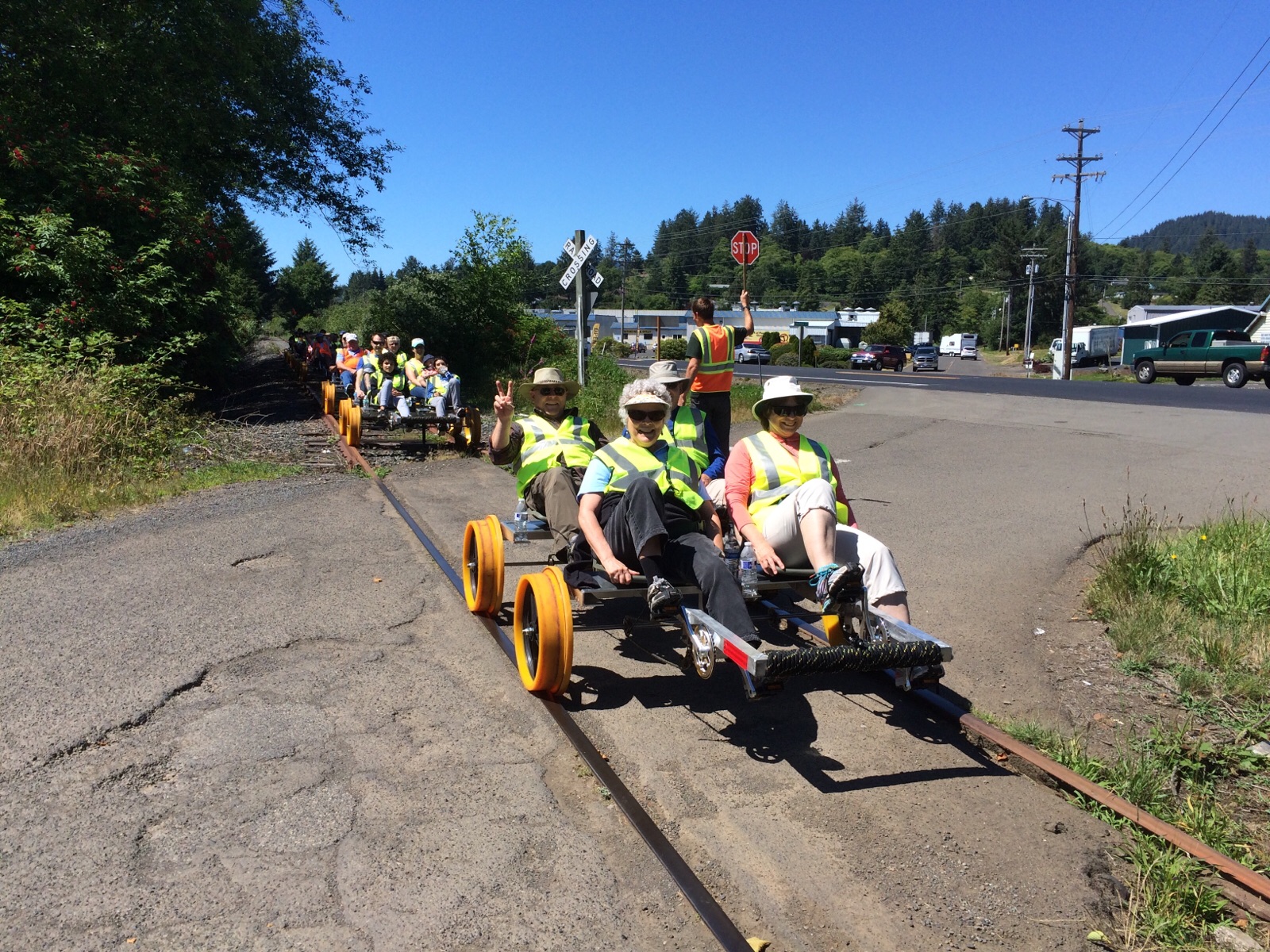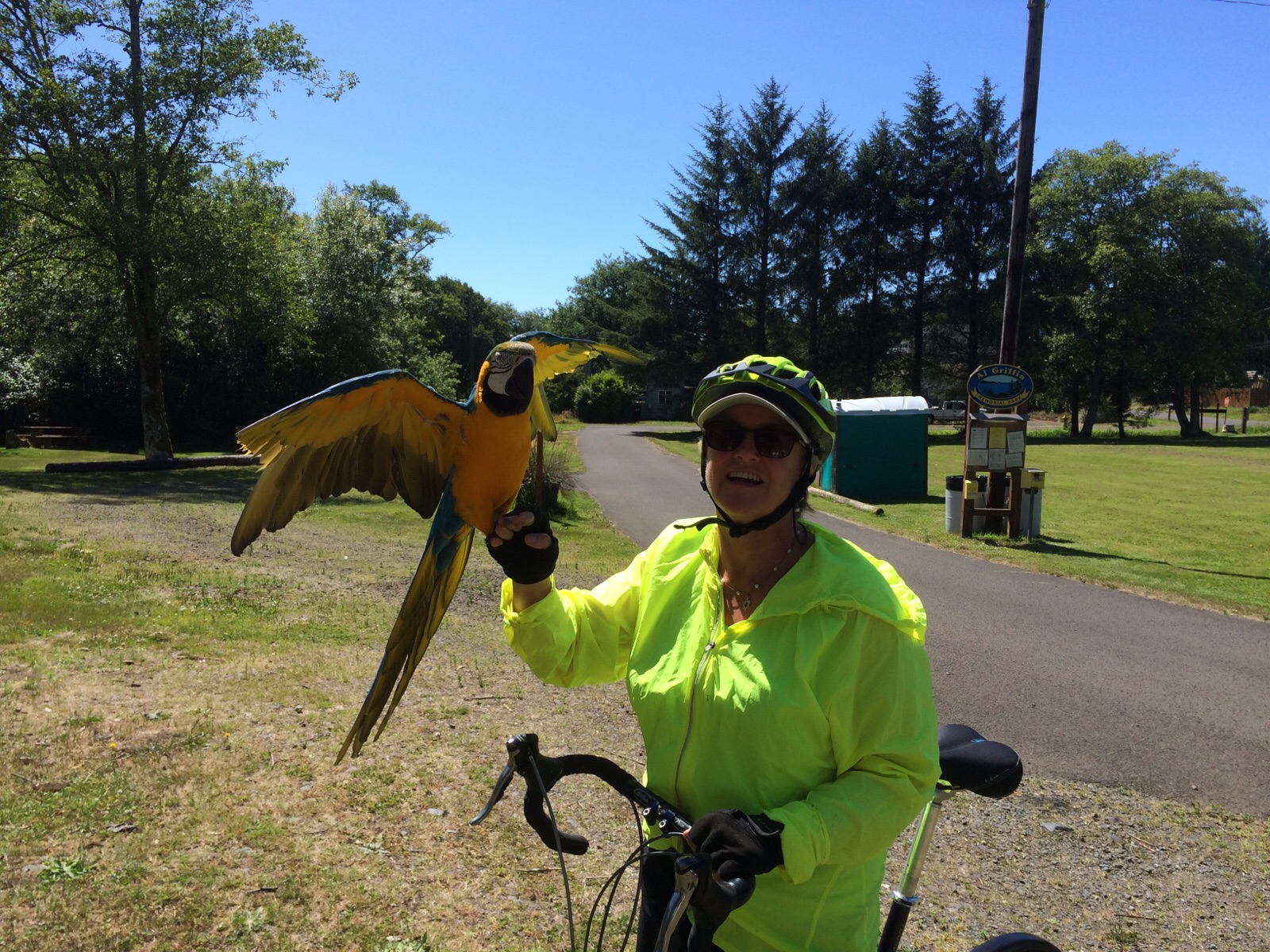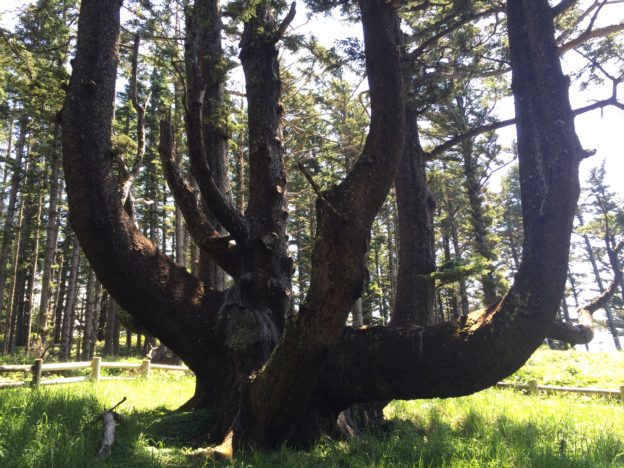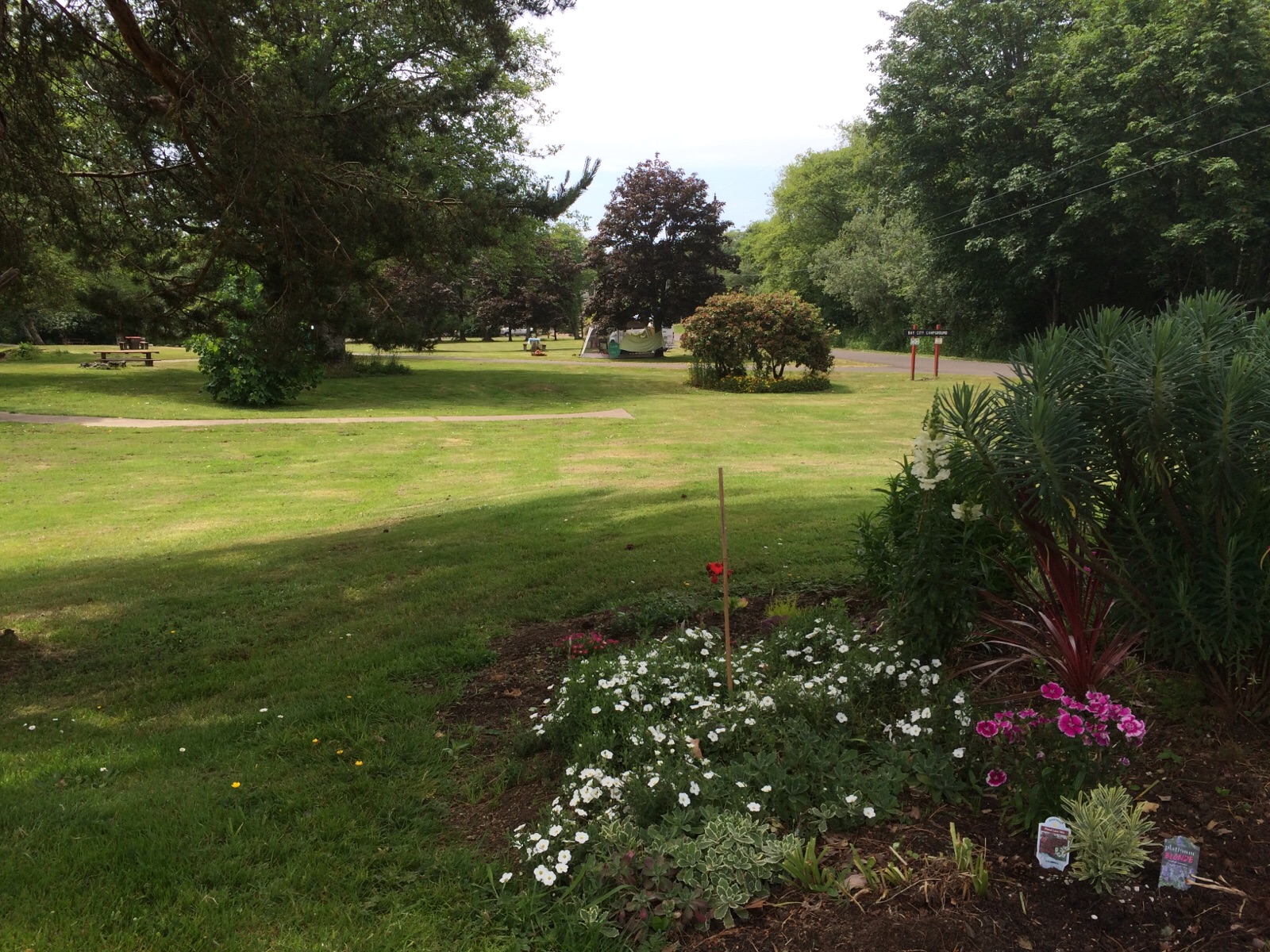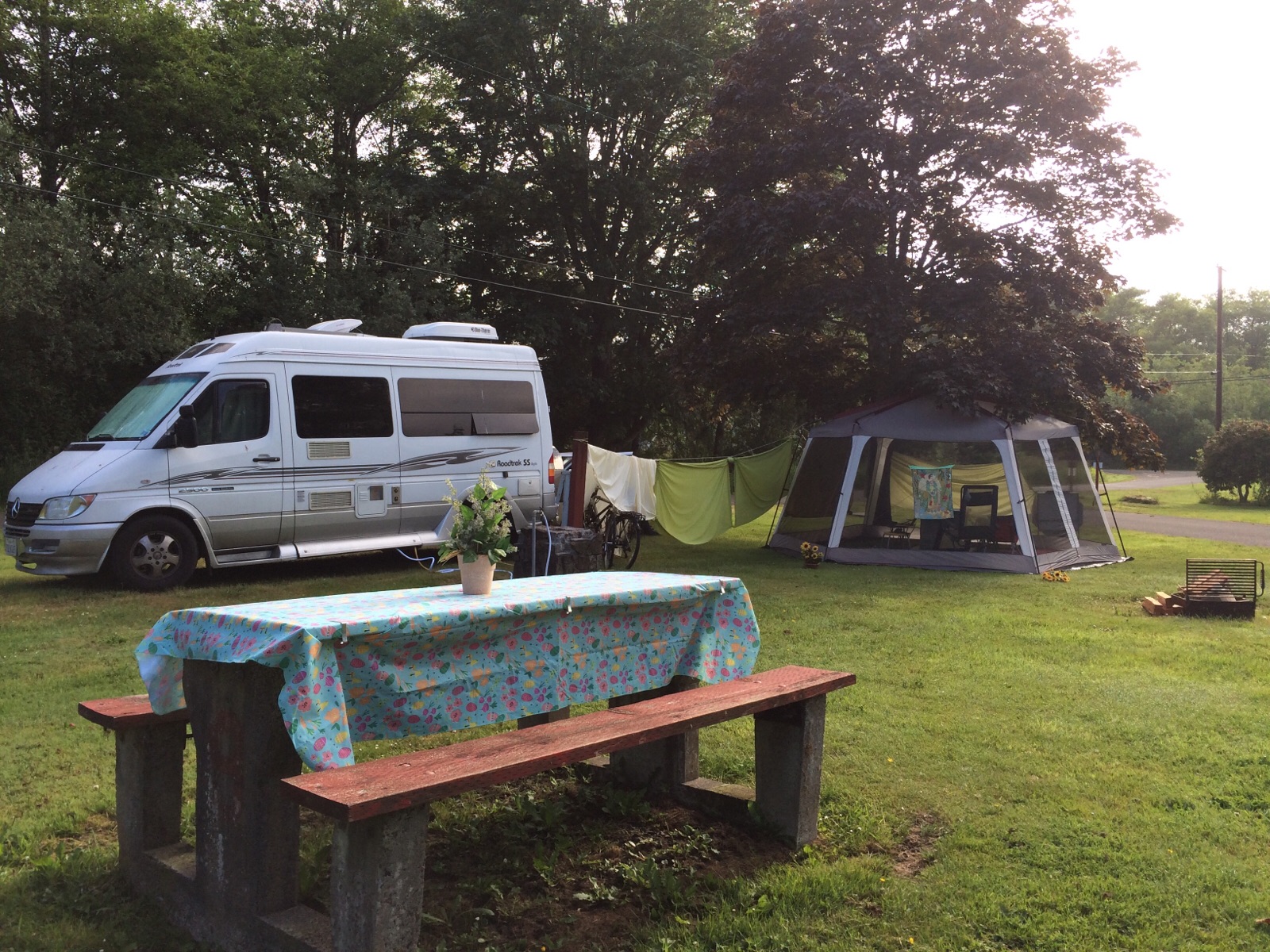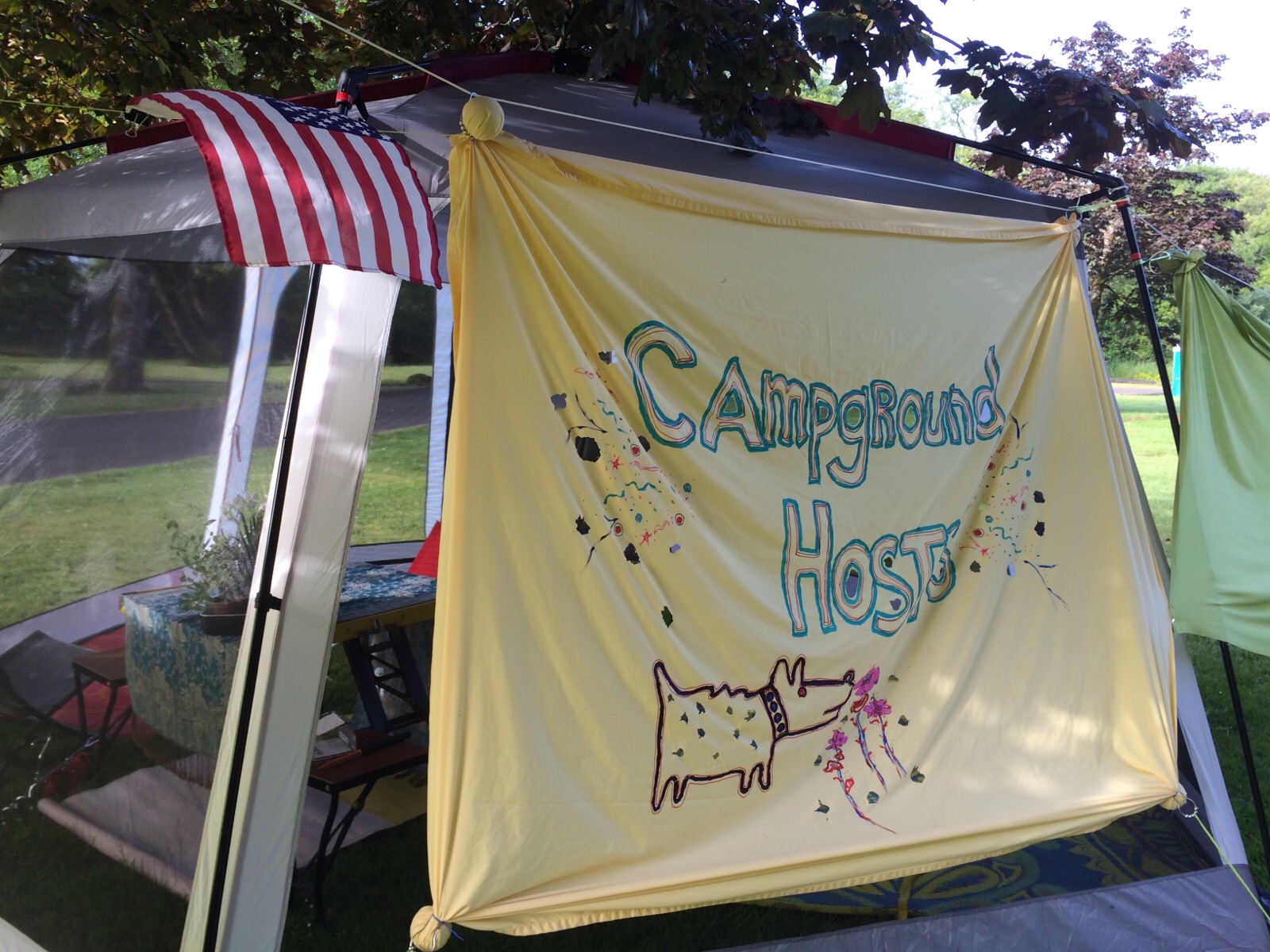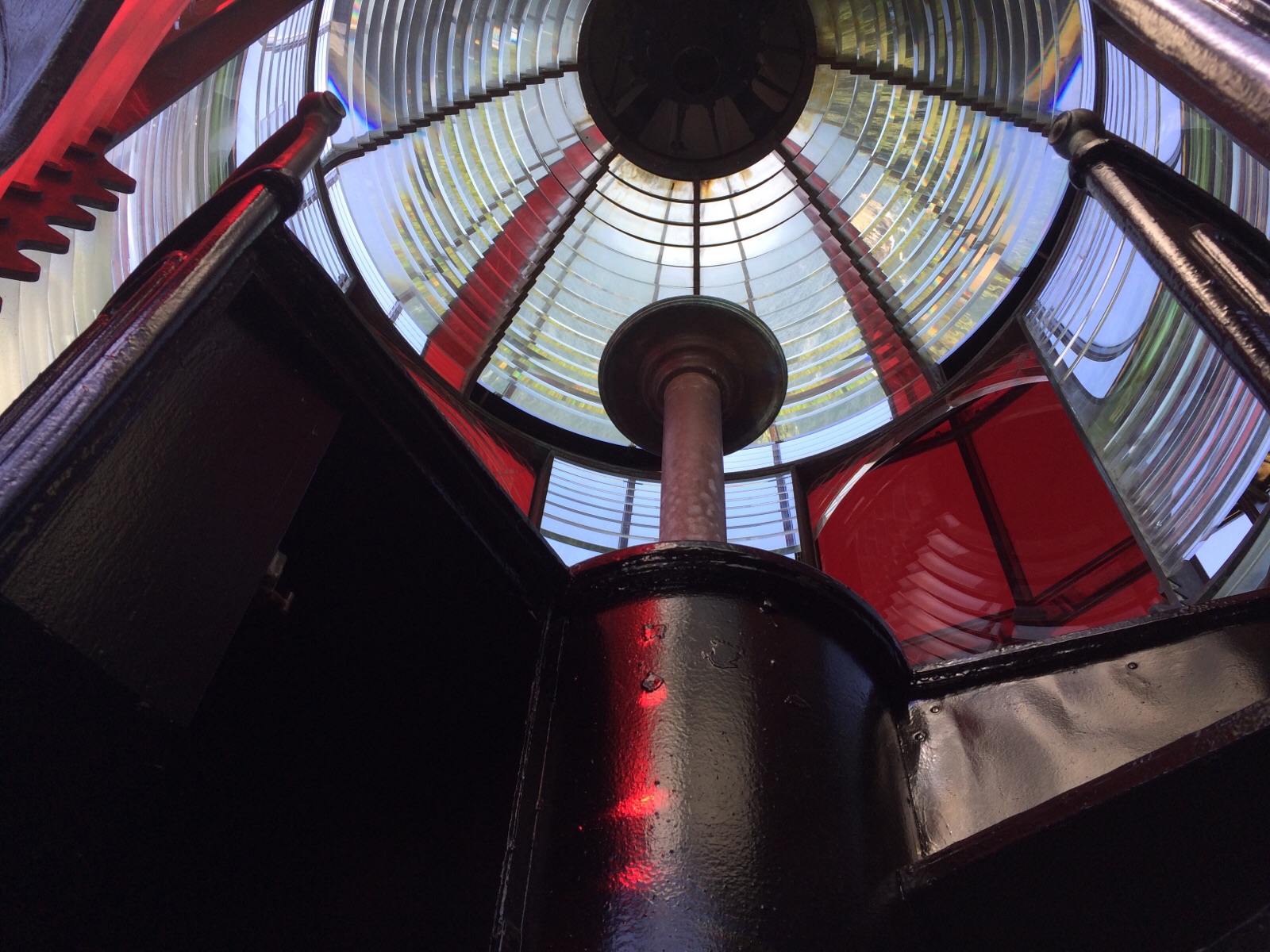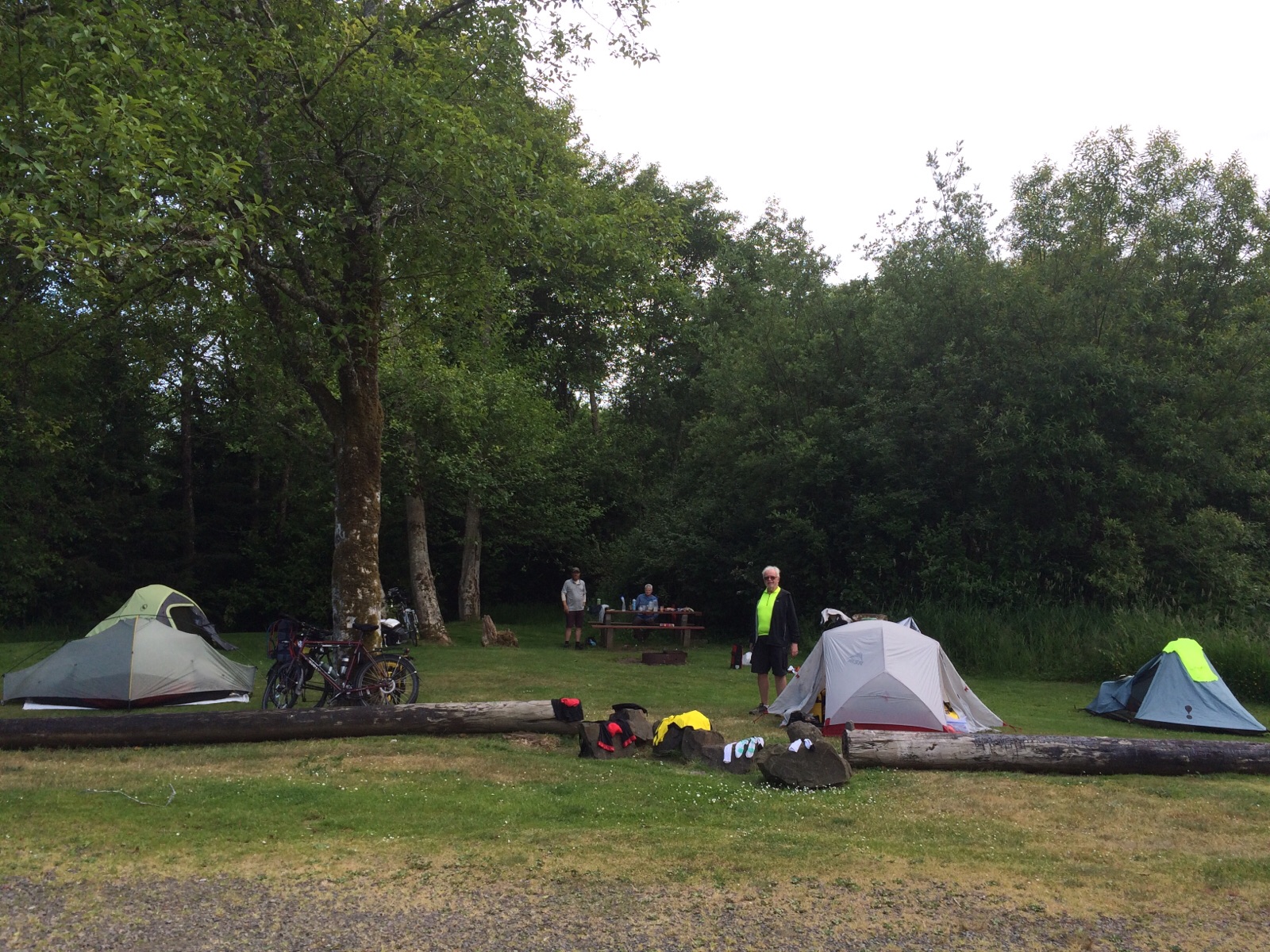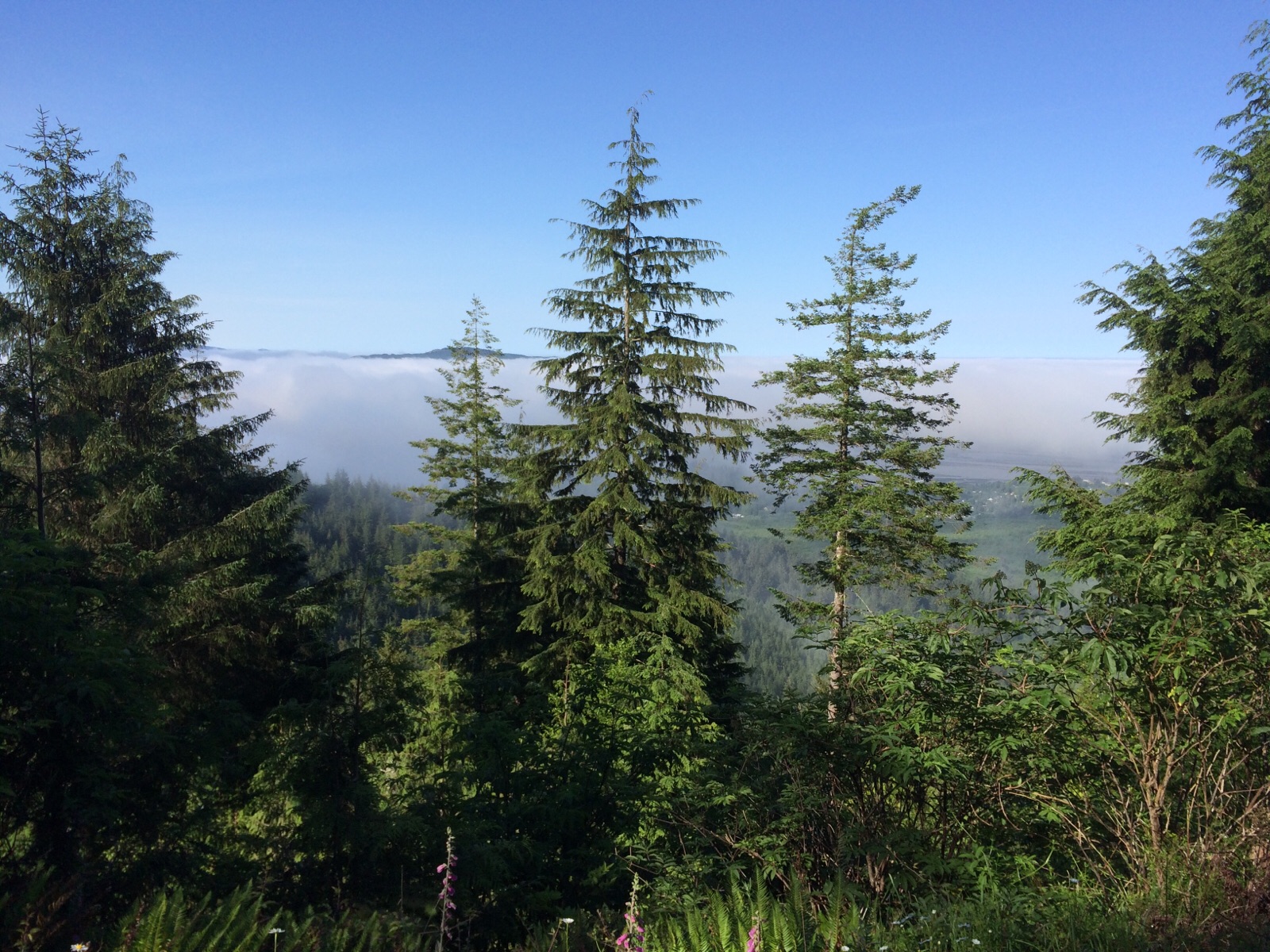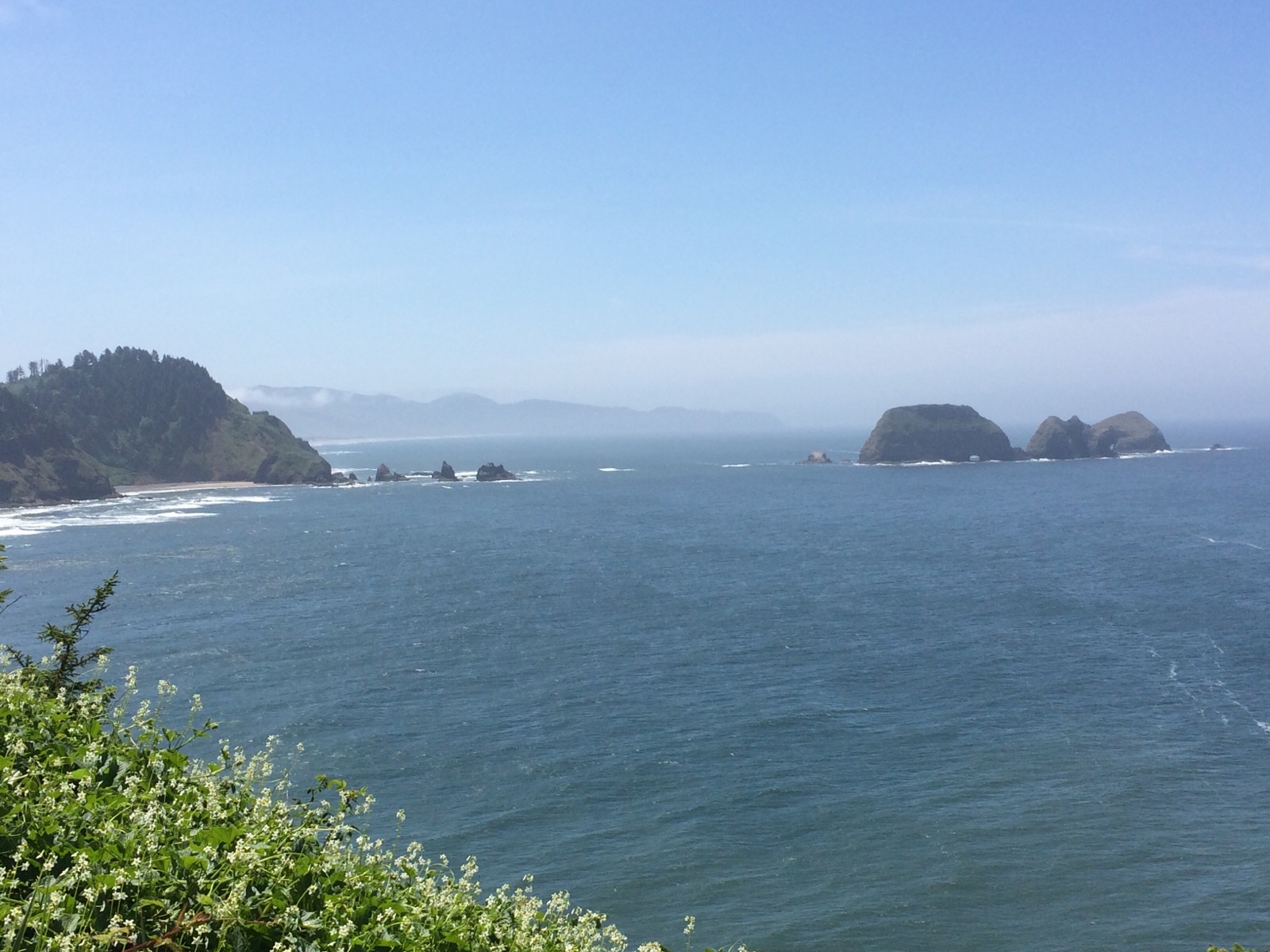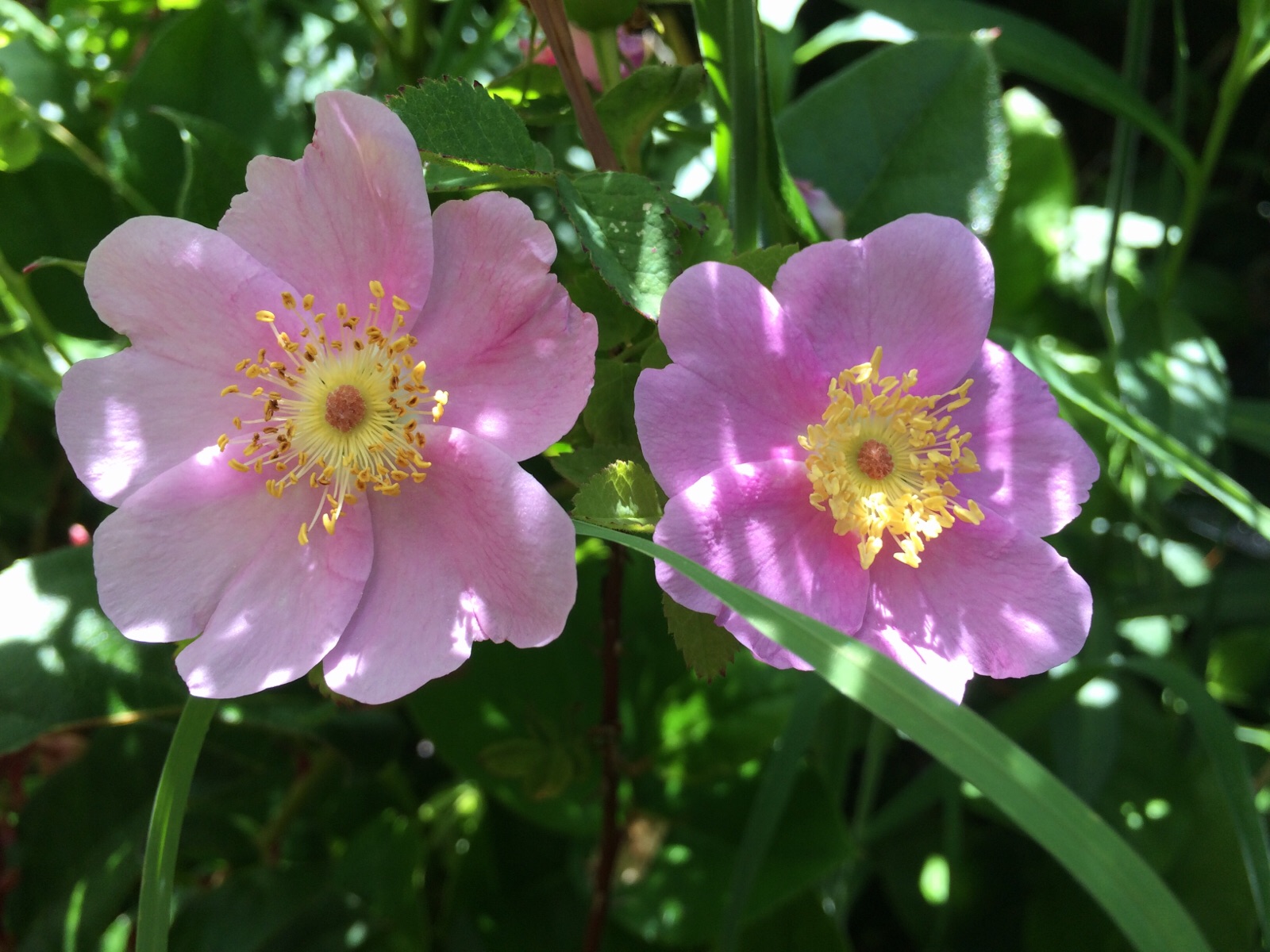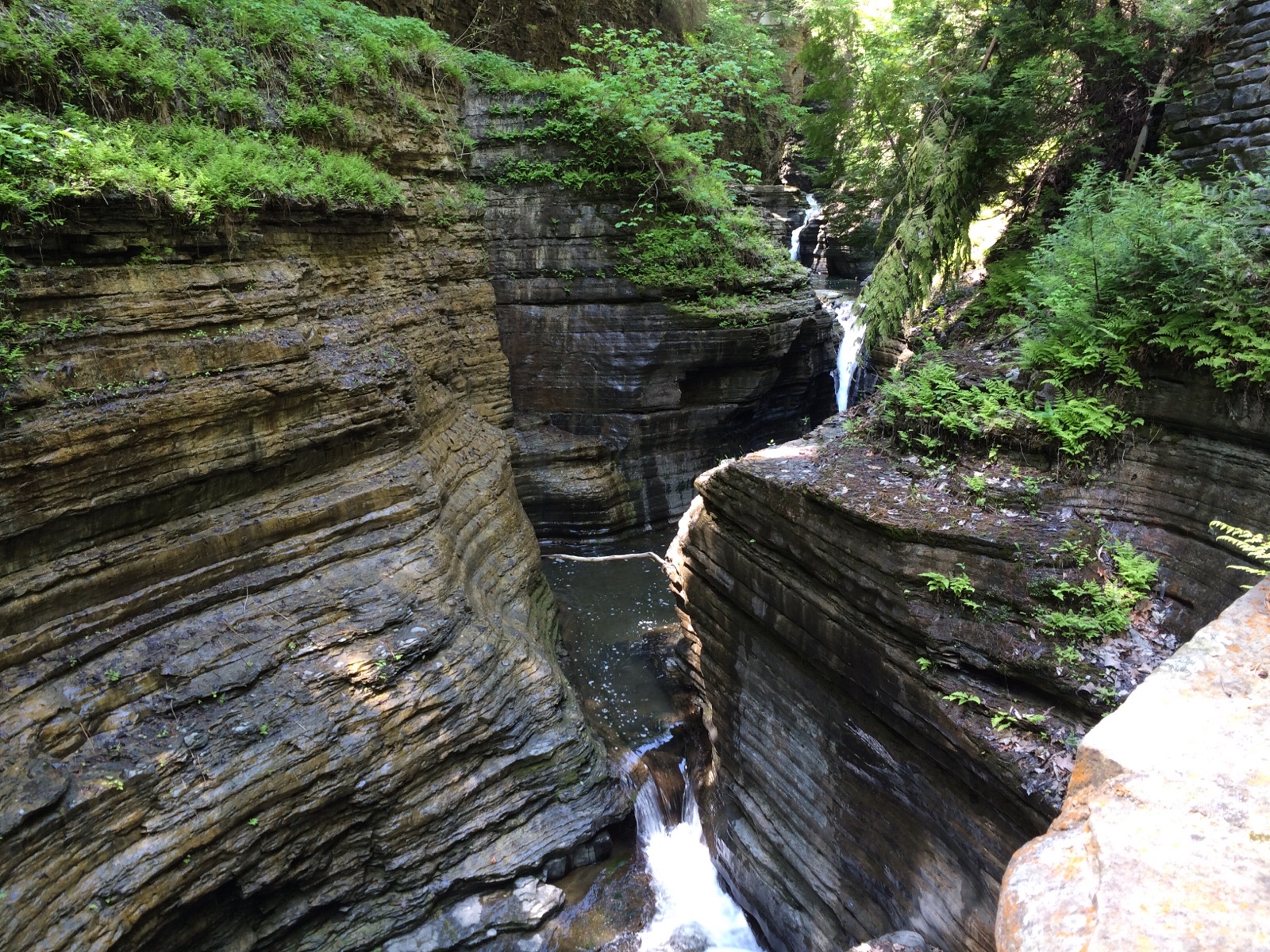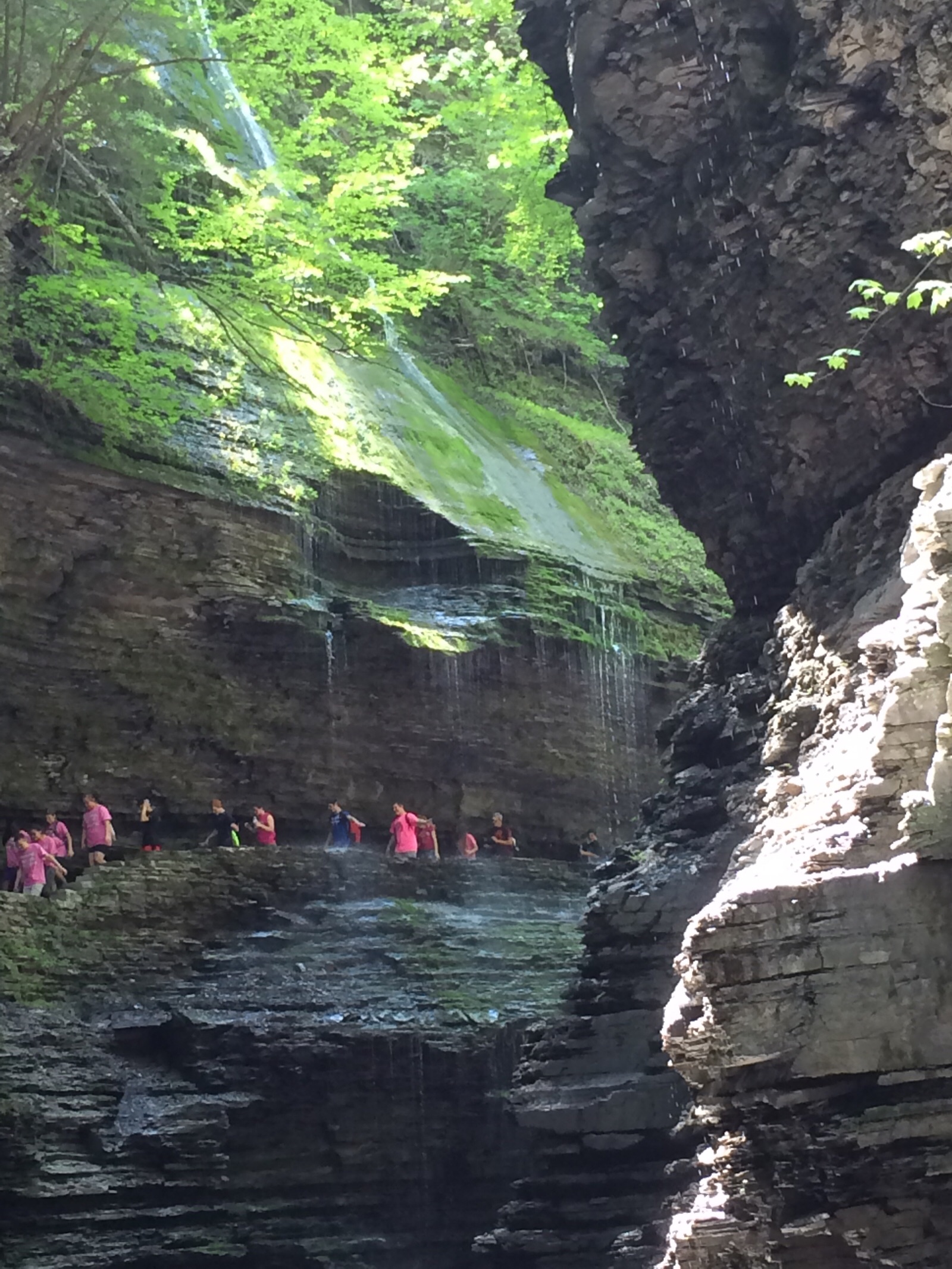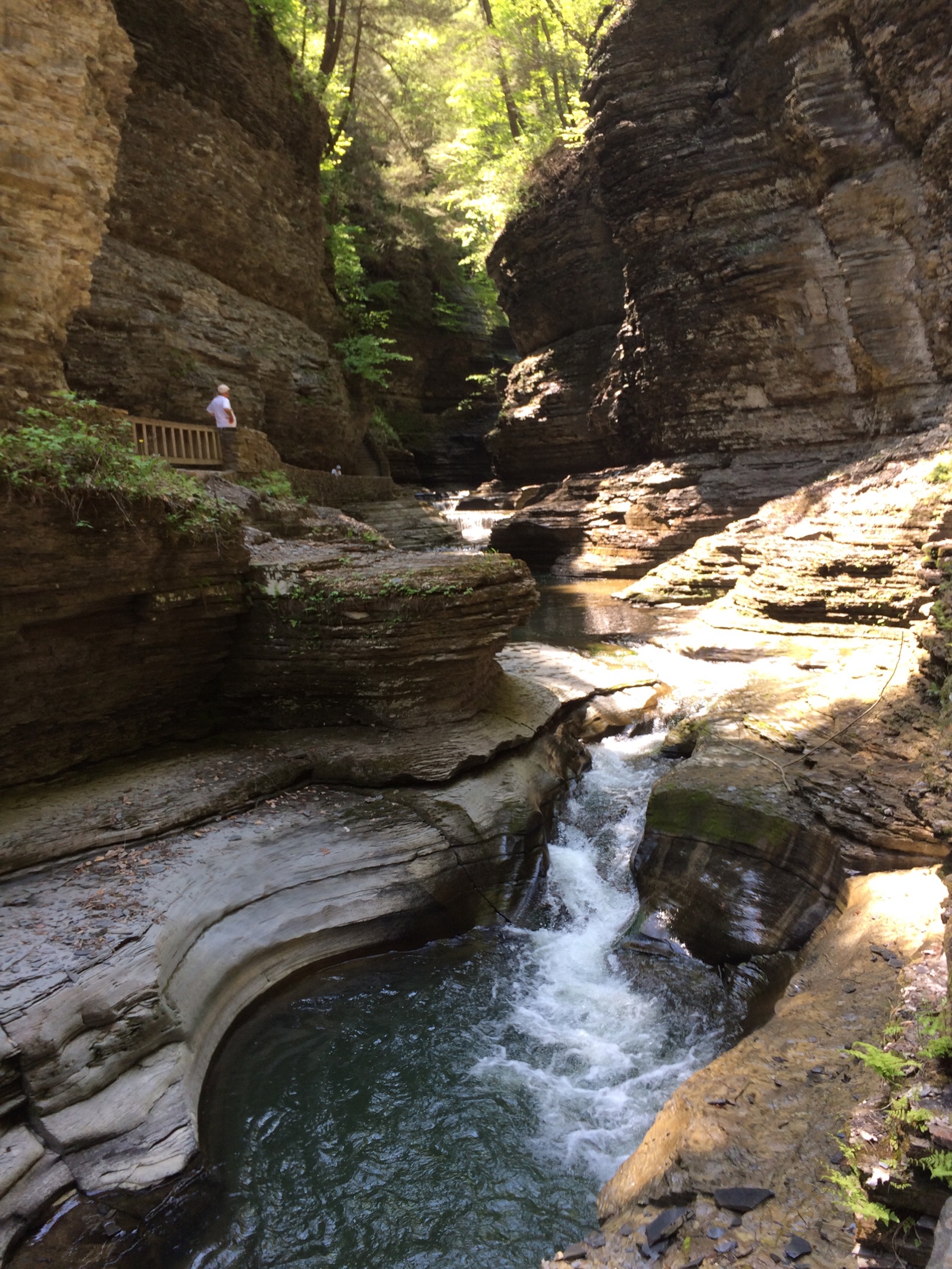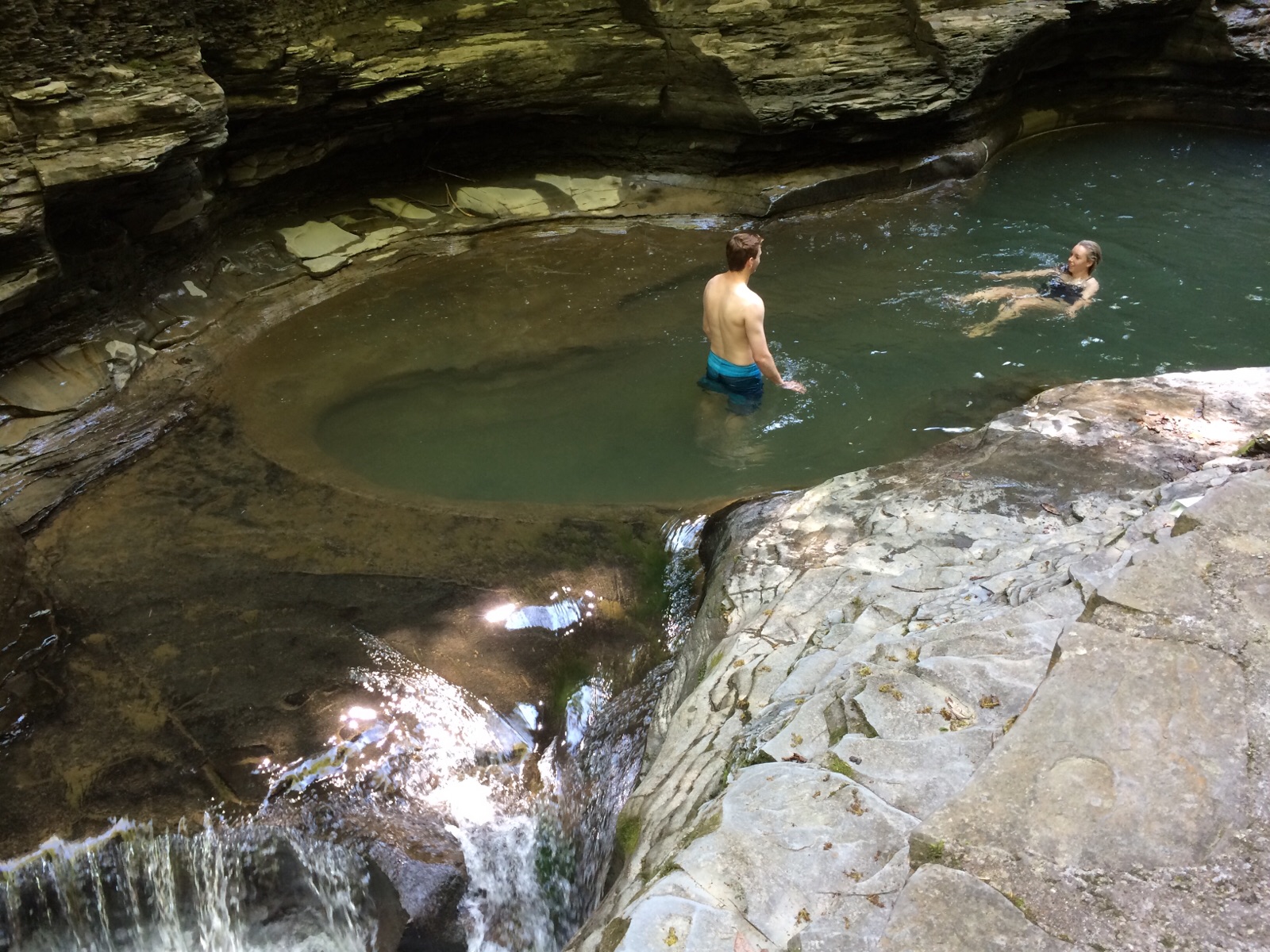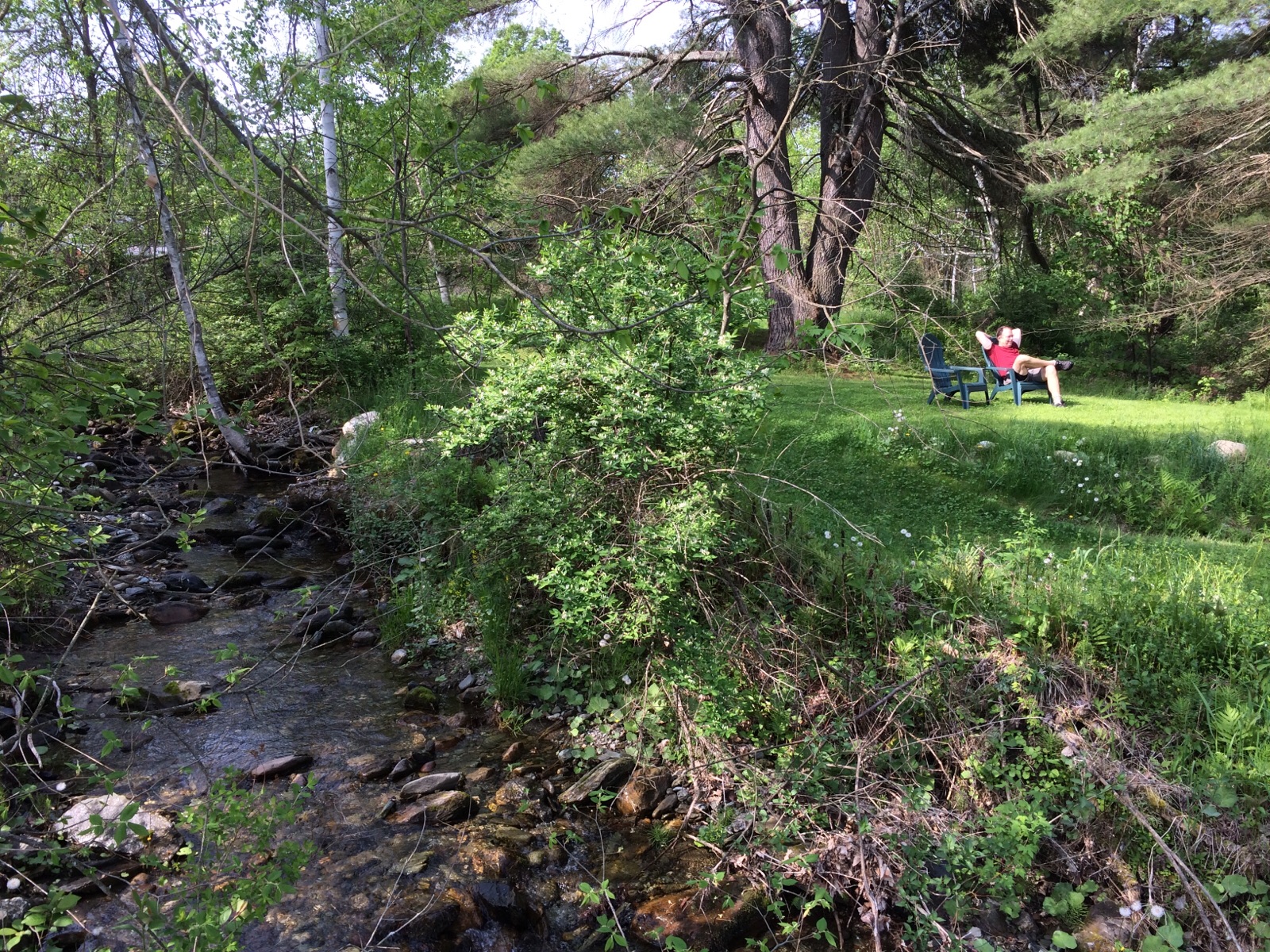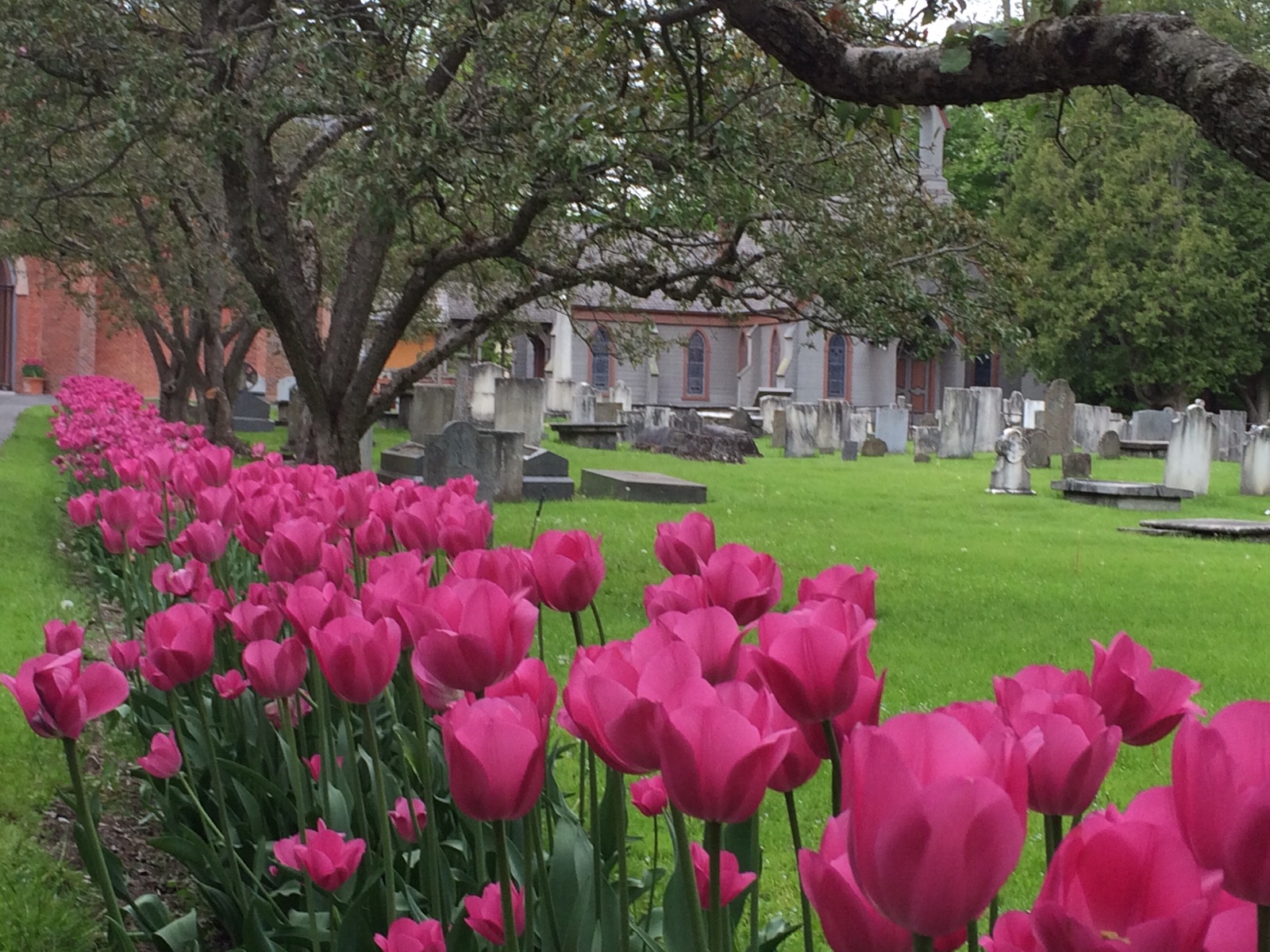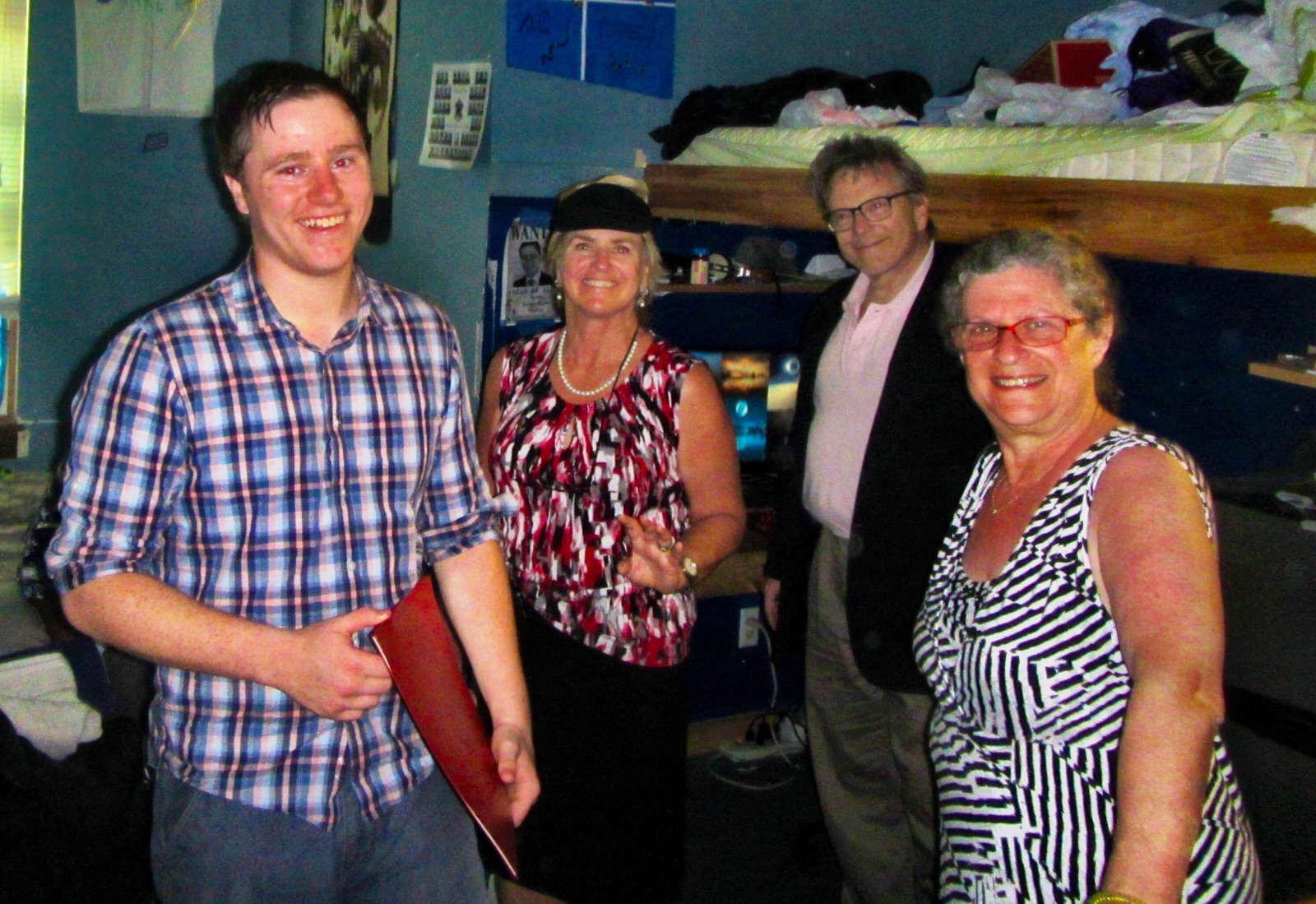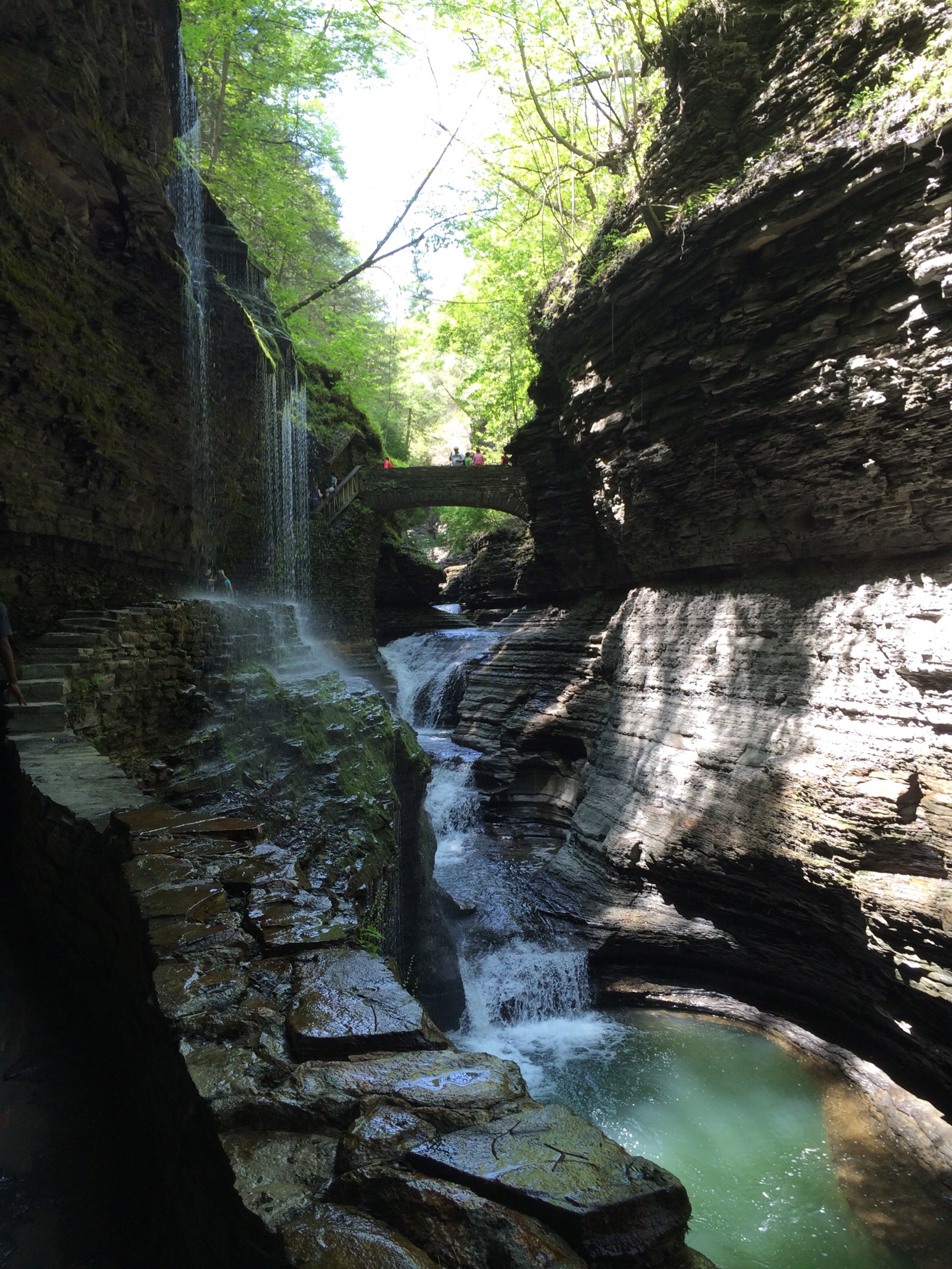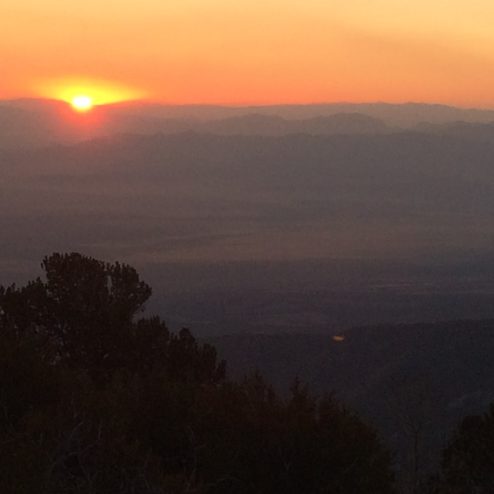 Heading home on the stretch of Hwy 50 named, “The Loneliest Road in America”, we still got to visit a National Park that was new to us. It is the 100th Anniversary of the National Park Service and that is best celebrated with adding some new NP and NM sites to your life list. Because it’s the largest park in Nevada, I always thought that Big Basin National Park was one-of-a-kind in the high desert surrounded by mountains. This Park showcases just one basin…of the 16 that spread from Salt Lake City down to Las Vegas.
Heading home on the stretch of Hwy 50 named, “The Loneliest Road in America”, we still got to visit a National Park that was new to us. It is the 100th Anniversary of the National Park Service and that is best celebrated with adding some new NP and NM sites to your life list. Because it’s the largest park in Nevada, I always thought that Big Basin National Park was one-of-a-kind in the high desert surrounded by mountains. This Park showcases just one basin…of the 16 that spread from Salt Lake City down to Las Vegas.
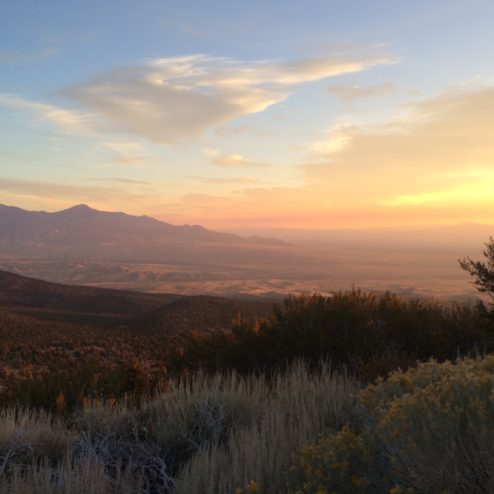 This basin is noteworthy for the anomalies in the mountain surround. Bristlecone Pines, the oldest living creatures on earth, are happy atop 12,000 ft. Mt. Wheeler. They are twisted and look desiccated and dead, except for one spindly living thread wending its way up each branch.
This basin is noteworthy for the anomalies in the mountain surround. Bristlecone Pines, the oldest living creatures on earth, are happy atop 12,000 ft. Mt. Wheeler. They are twisted and look desiccated and dead, except for one spindly living thread wending its way up each branch.
This basin is a Dark Sky Reserve, meaning a minimal amount of ambient light interference, usually requiring a distance of at least 200 miles from major urban areas. It is never fully dark, however; the light cast by the stars in the ultra clean air is sufficient for walking around the campground. It is famous as the best viewing of the Milky Way anywhere in the U.S.
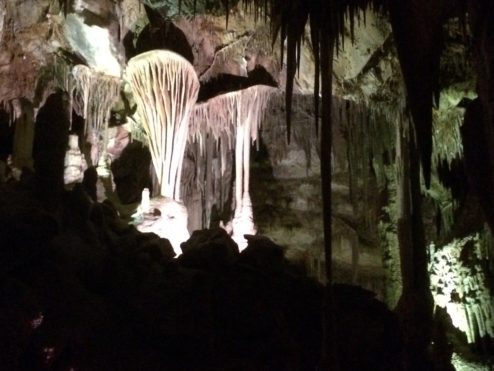 The Lehman Caves are many and exceptionally deep. A solutional cave is limestone (here, marble mixed in) creating halactites, stalactites, stalagmites, curtains, and pipes. Some of these rock chambers have formations large enough to contain the organ from the Mormon Tabernacle, and resembling it as well.
The Lehman Caves are many and exceptionally deep. A solutional cave is limestone (here, marble mixed in) creating halactites, stalactites, stalagmites, curtains, and pipes. Some of these rock chambers have formations large enough to contain the organ from the Mormon Tabernacle, and resembling it as well.
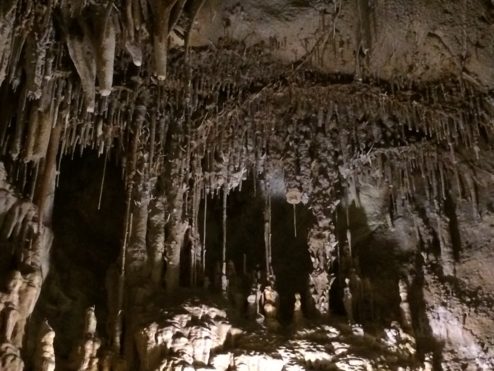 I watched mesmerized, waiting for the final drop of water to fall off the stalactite onto the almost touching stalagmite growing from the ground, to finally unite as a column. As it grows slowly due to its’ pace, a drop or two a day, I didn’t catch that final drop.
I watched mesmerized, waiting for the final drop of water to fall off the stalactite onto the almost touching stalagmite growing from the ground, to finally unite as a column. As it grows slowly due to its’ pace, a drop or two a day, I didn’t catch that final drop.
A pretty rich place in the middle of a massive desert. We just hope that this cave and others can be protected as a home for native bat populations. White Nose Syndrome, caused by the fungus Geomyces destructans, has killed more than 6.7 million hibernating bats since 2006. Bat bones and piles of dead bats with white fuzz around their muzzles litter the floor of many now empty caves; it kills 70-100% of bats in an affected hibernaculum. The fungus wakes them repeatedly during hibernation depleting their fat reserves, and thins and destroys their wings leading to dehydration and electrolyte imbalance. It threatens even the most abundant bat species with extinction; it is considered the worst wildlife disease outbreak in North American history. Because European and Chinese hibernating bats are not affected by the fungus, and bats do not migrate between the continents, it is a spelunker induced phenomenon. At Lehman Caves, there is no evidence yet of WNS, but one’s clothing and shoes are treated for contamination for cave visitors who have entered caves anywhere in the last 5 years.
As the nights get icier and trees drop their Autumn leaves, the providers of free camping (National Forest Service, BLM, local Parks Districts) turn off water and close sewage disposal sites to avoid frozen pipes. Like bats and bears, it is time for us to hibernate at home in Albany CA…until sufficient snow accumulation sends us out in search of new areas to snowshoe. In the meantime, we wish our nation and our world, fair elections (GET OUT THERE AND VOTE…for a woman!), clean water, and peaceful holidays with family and friends. Abrazos, amigos!

